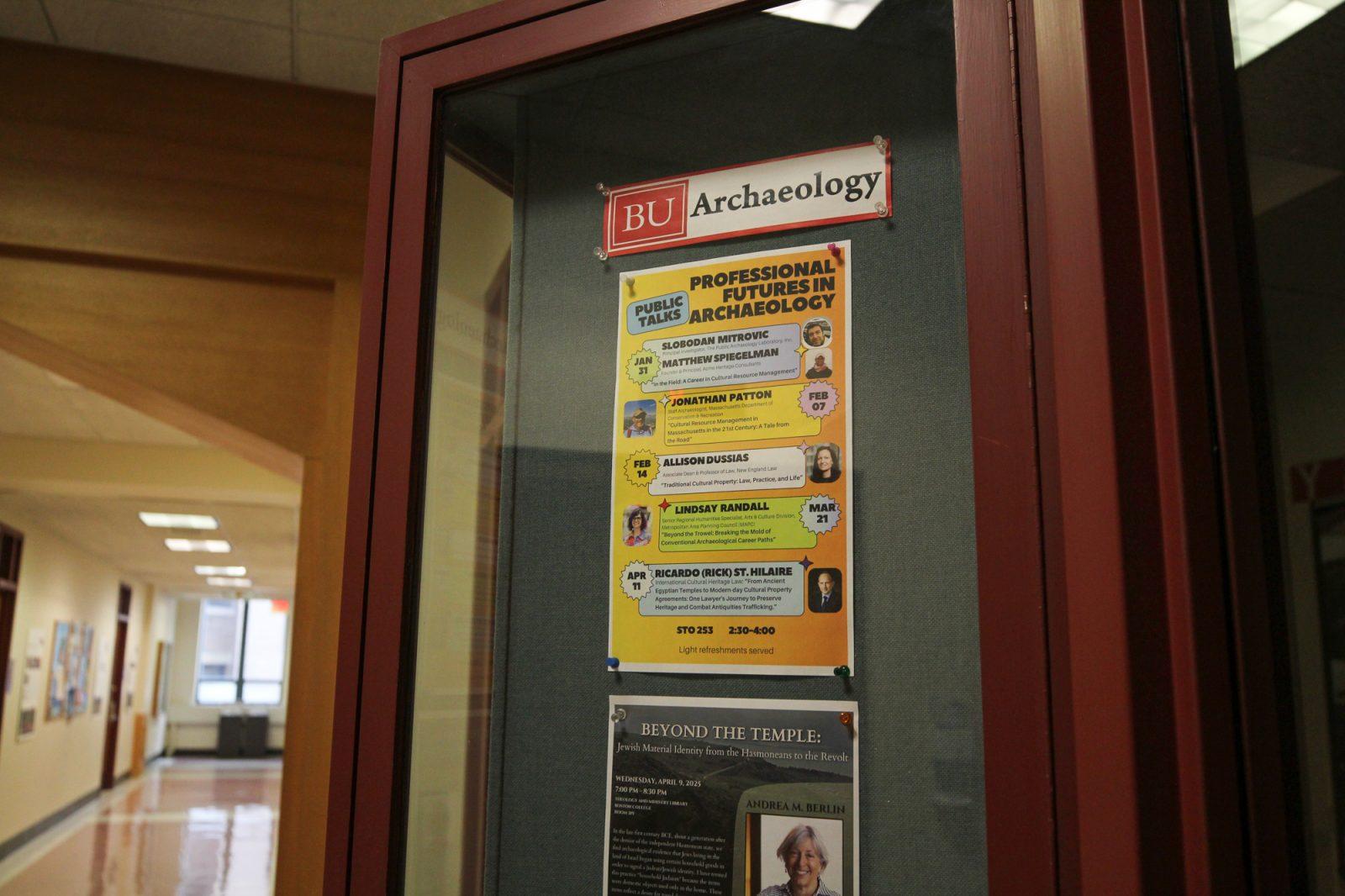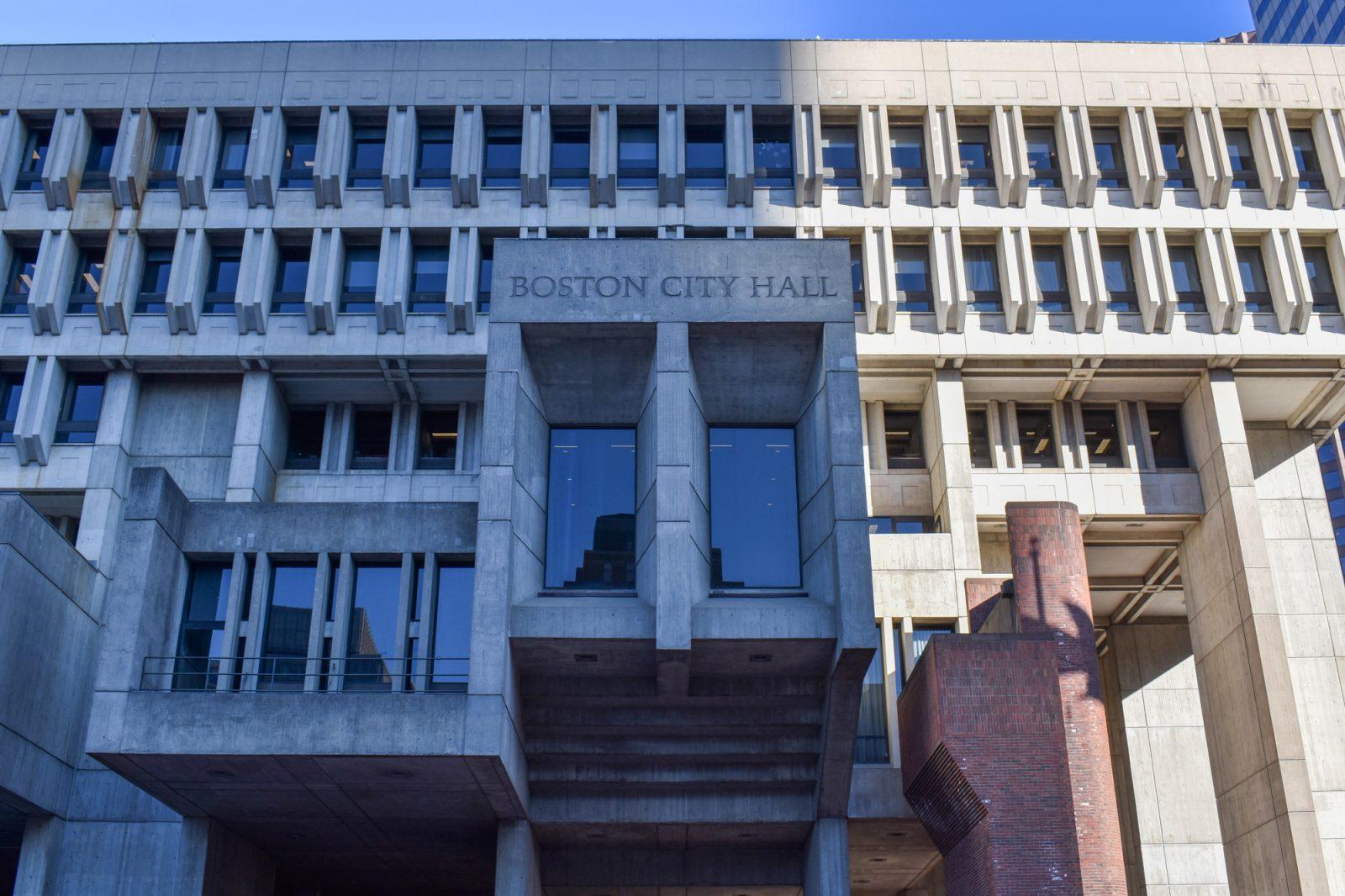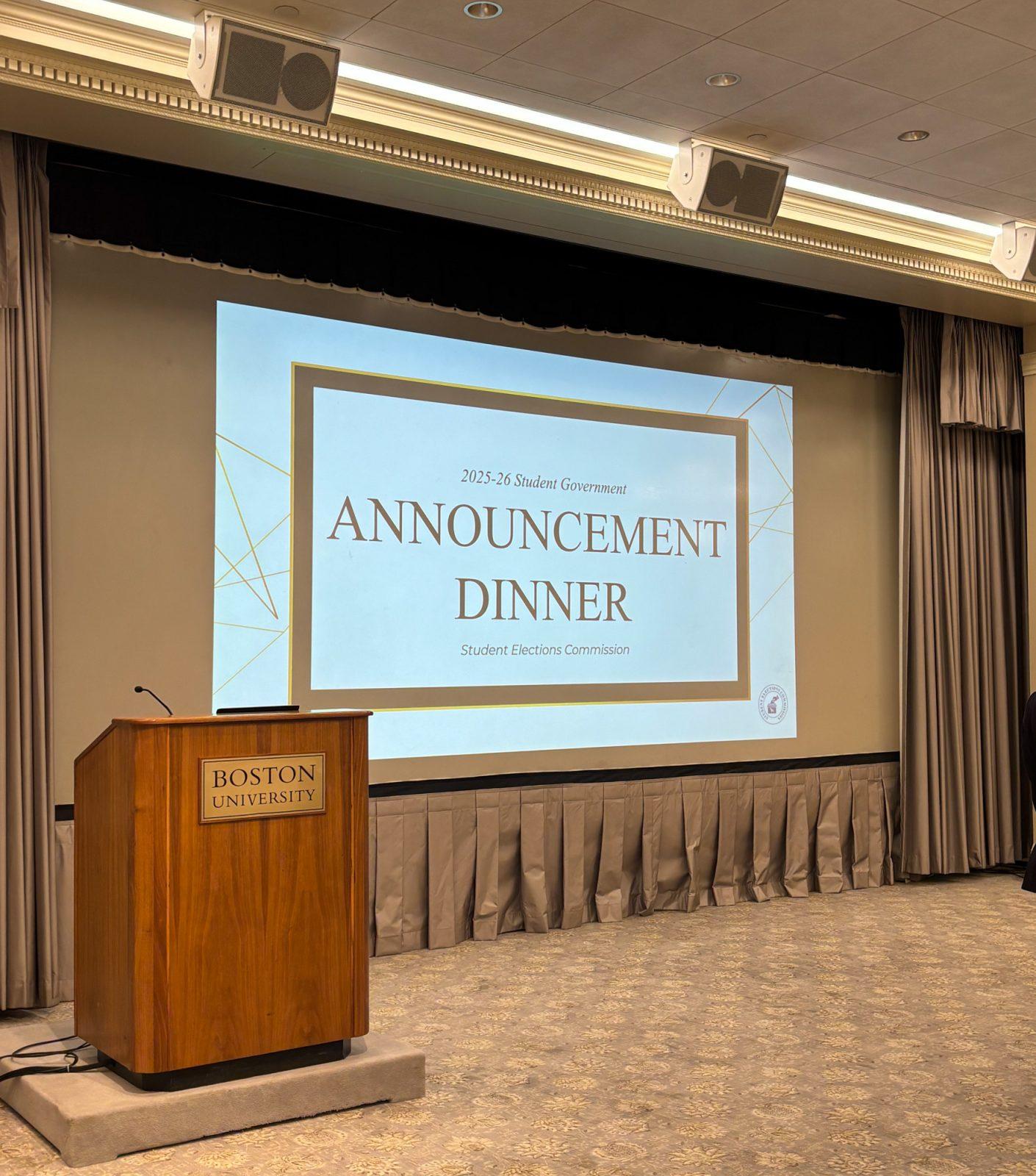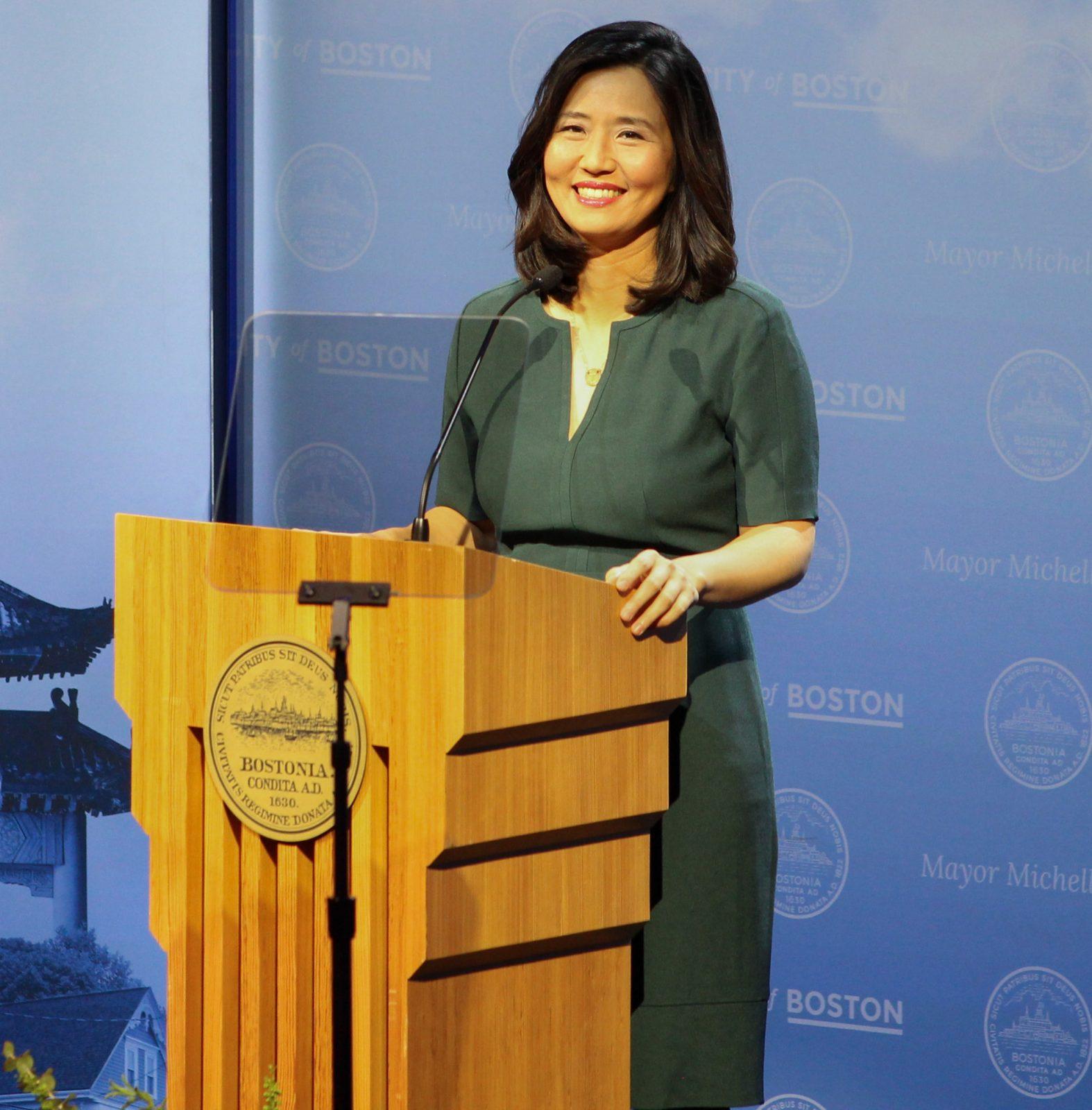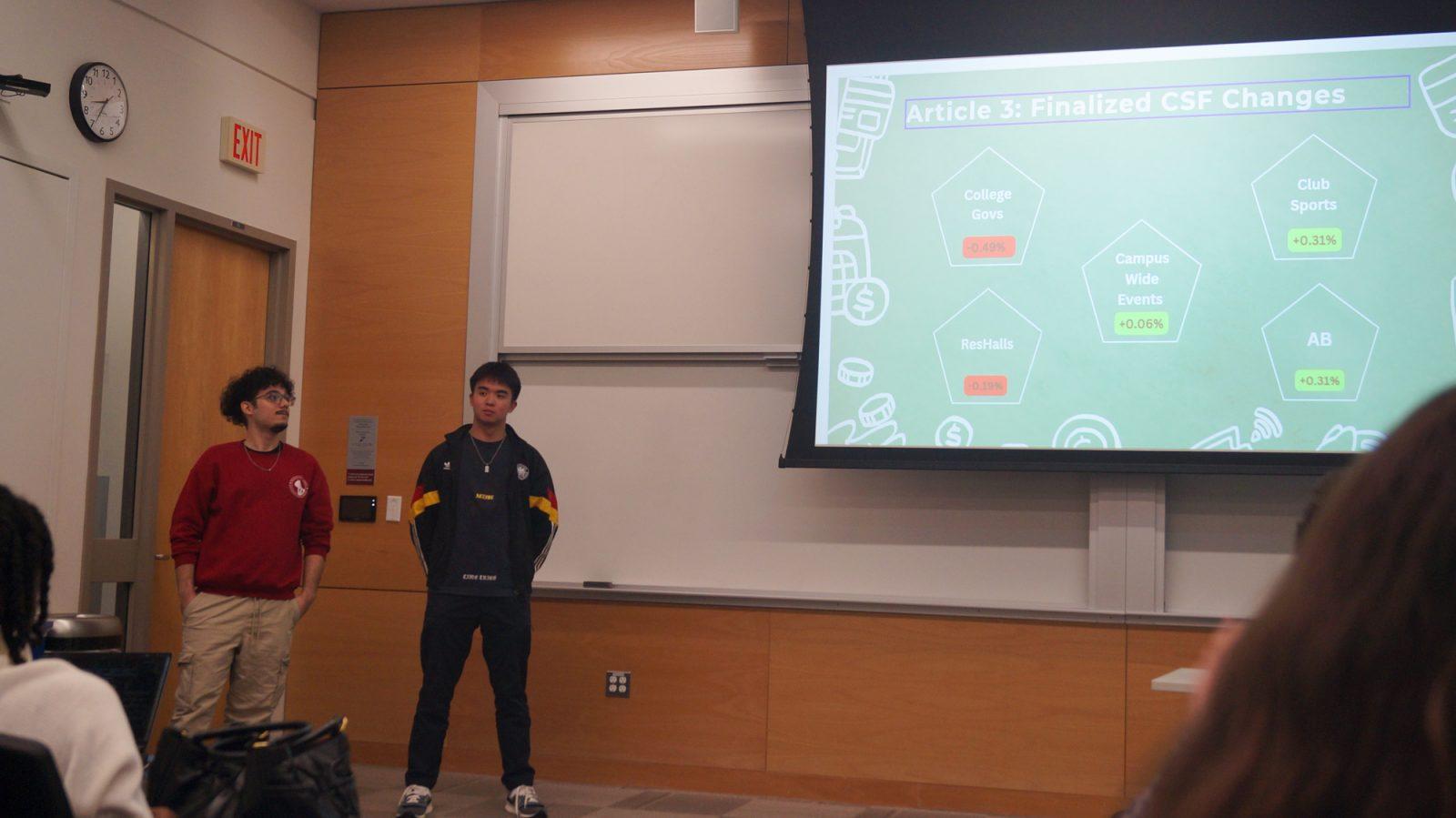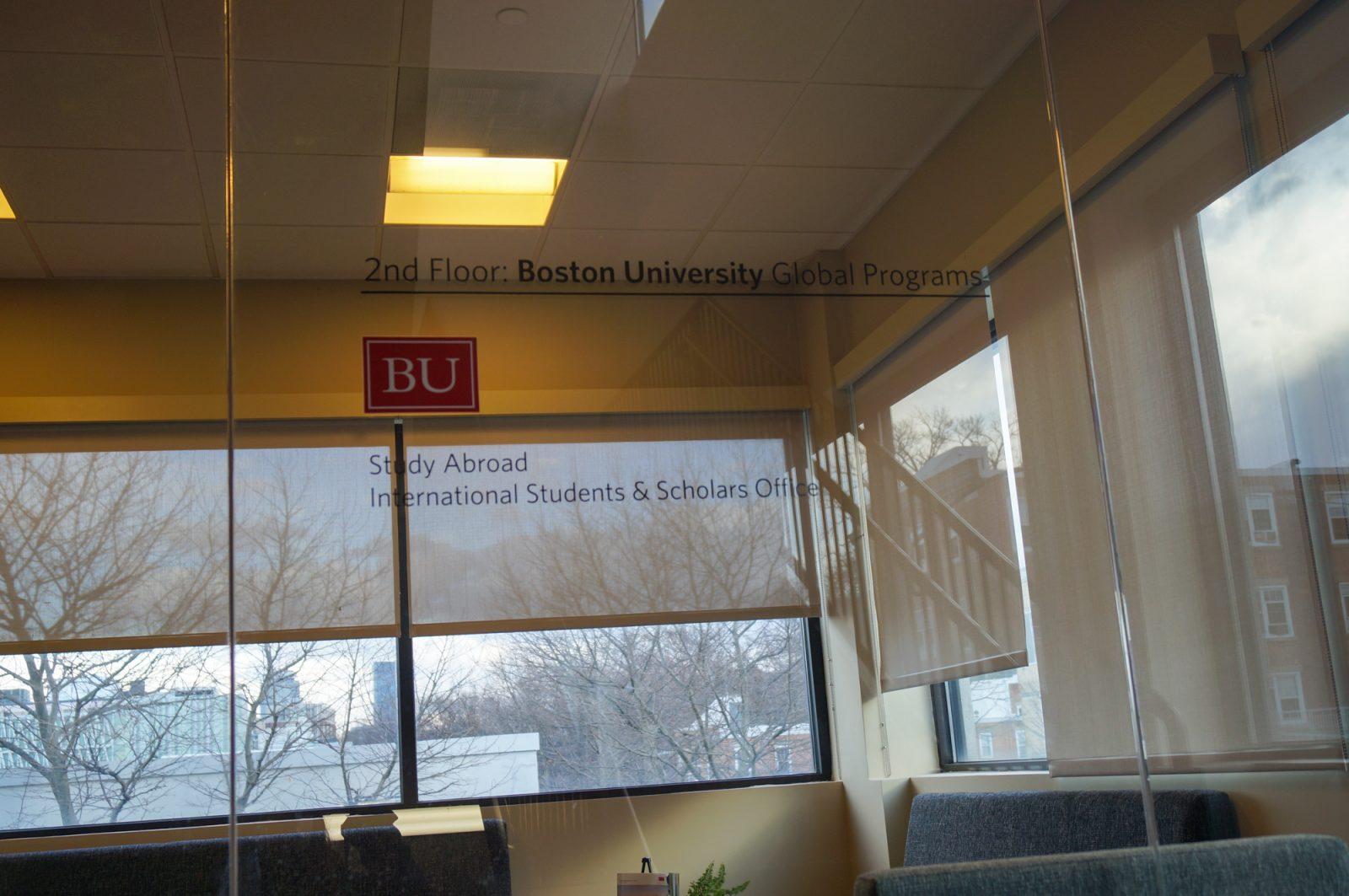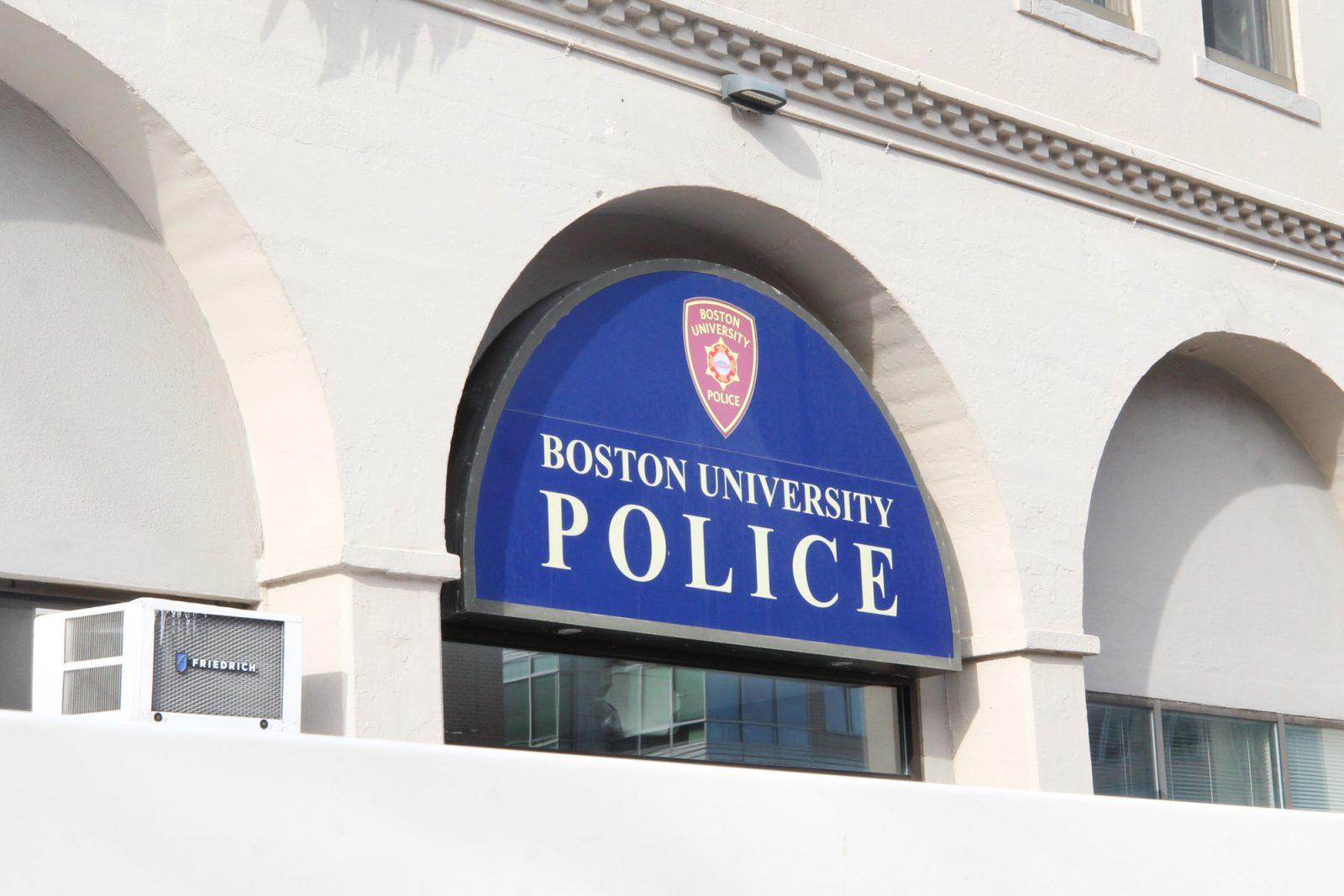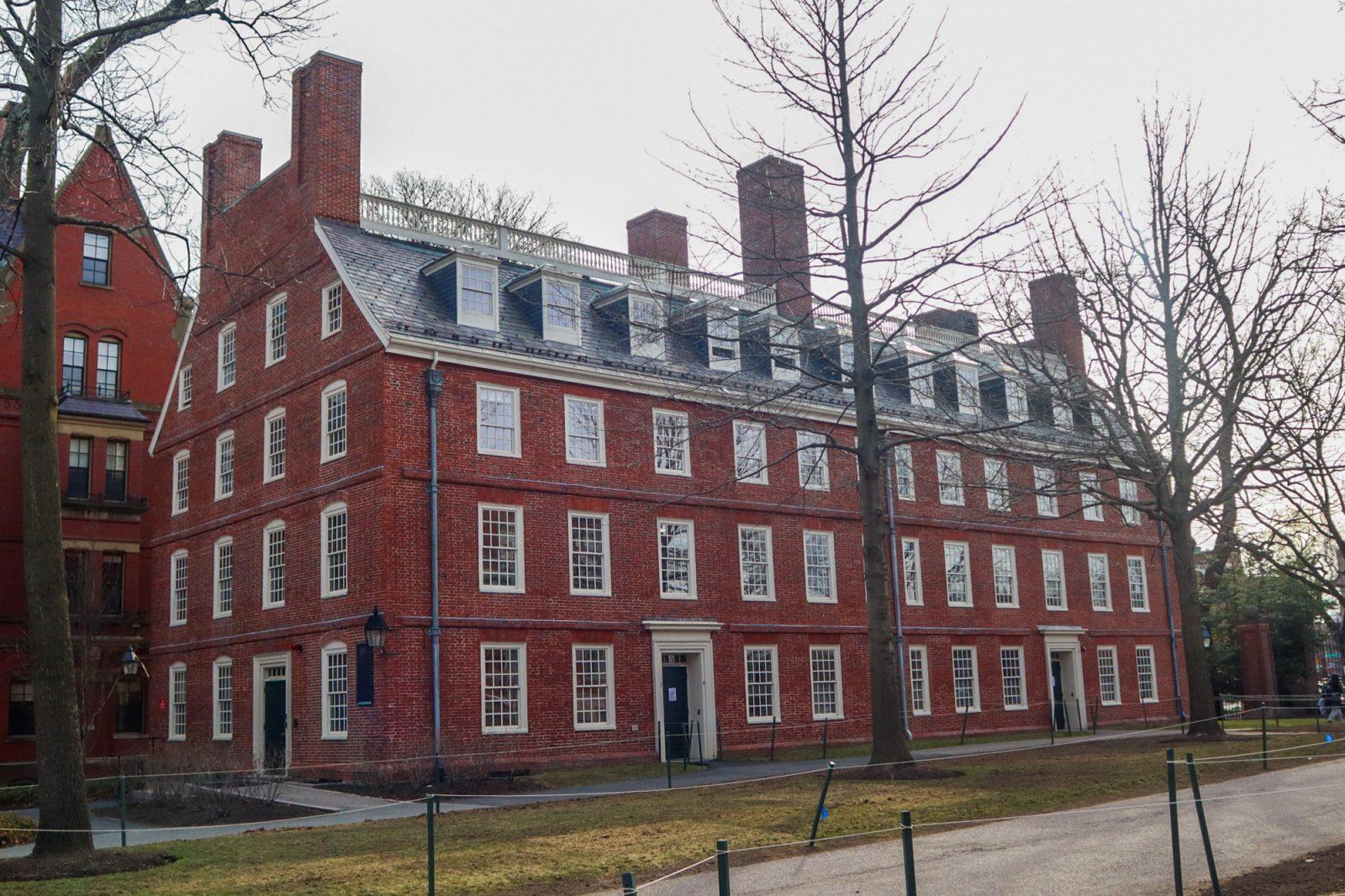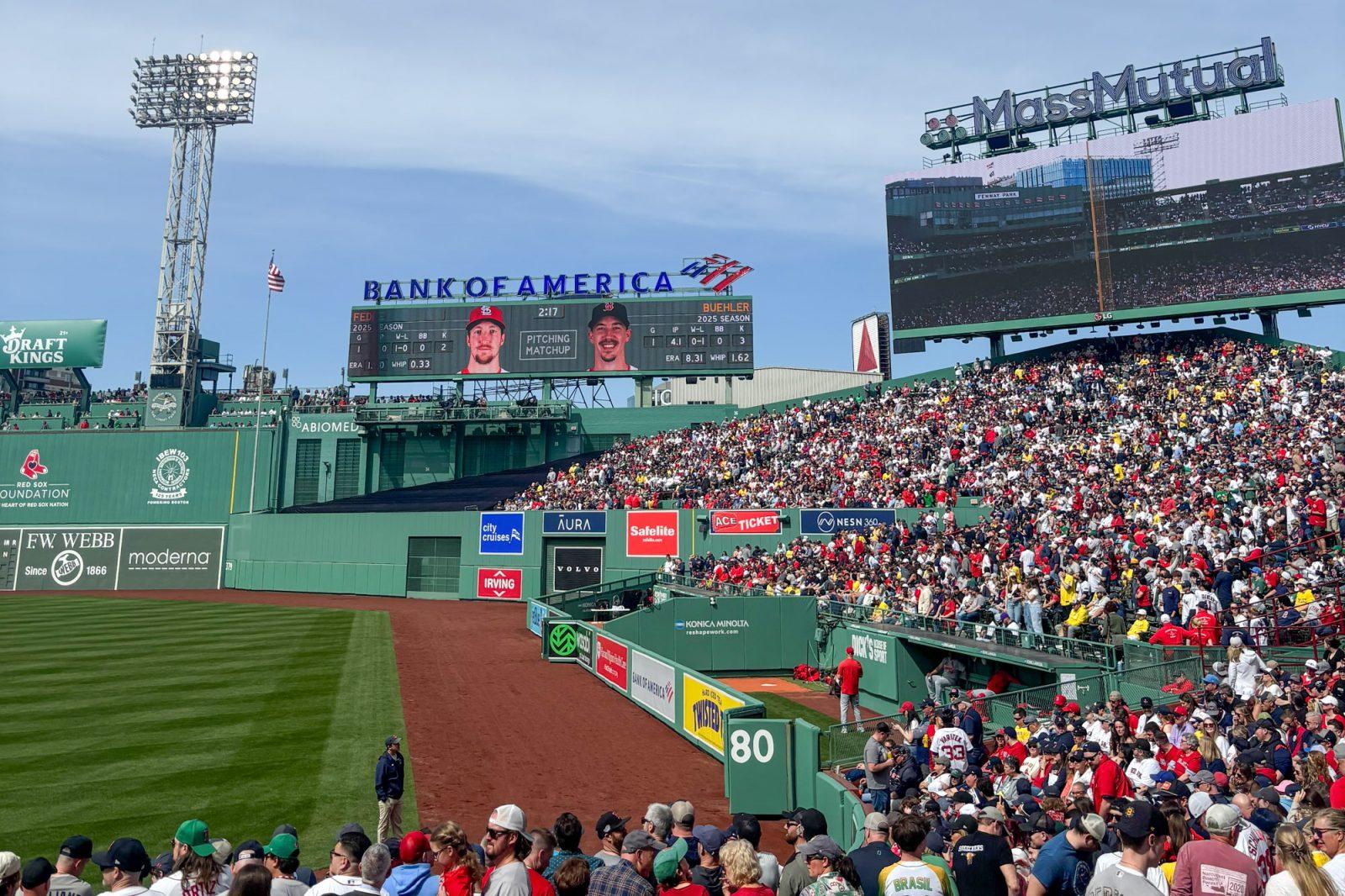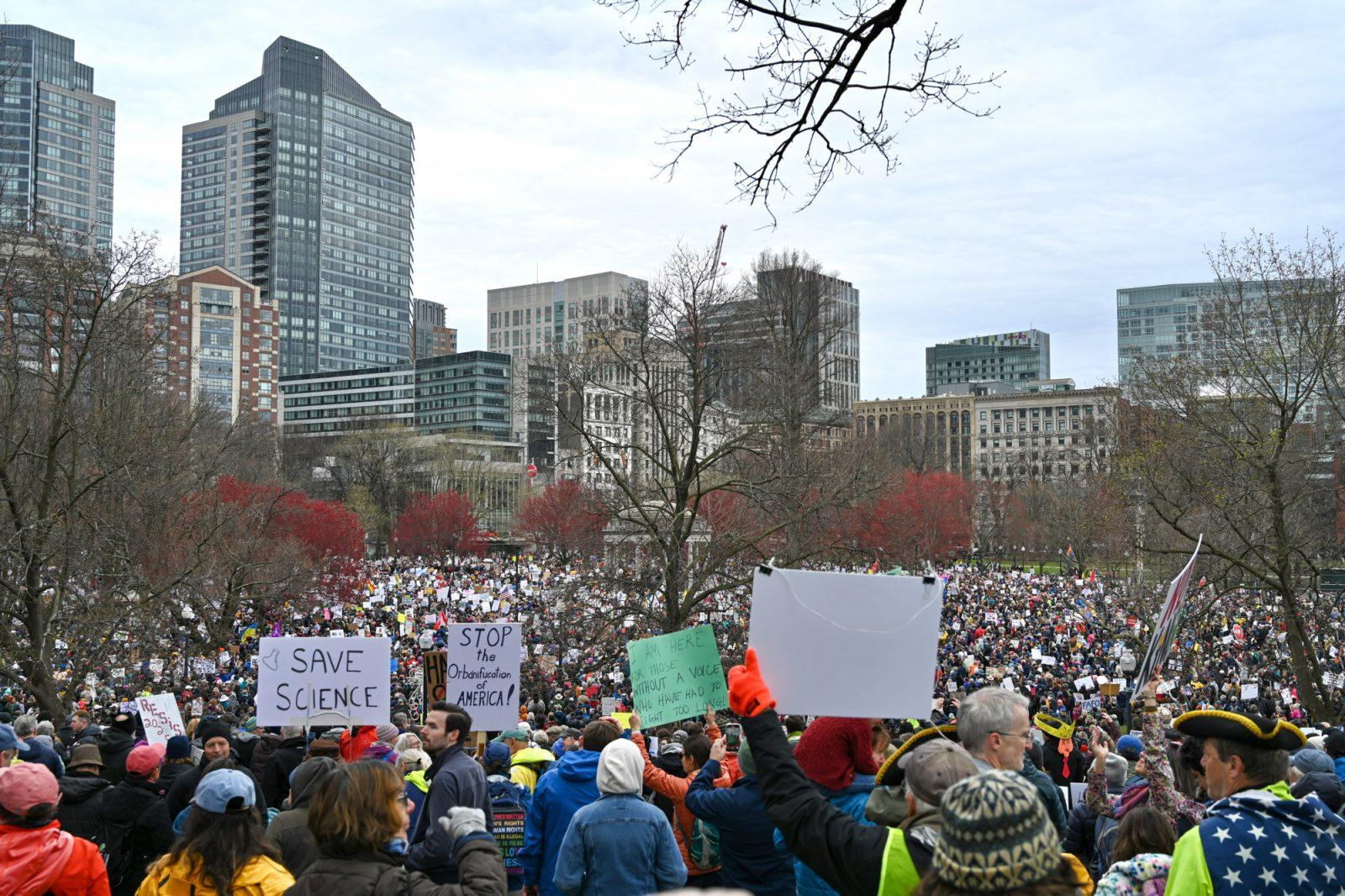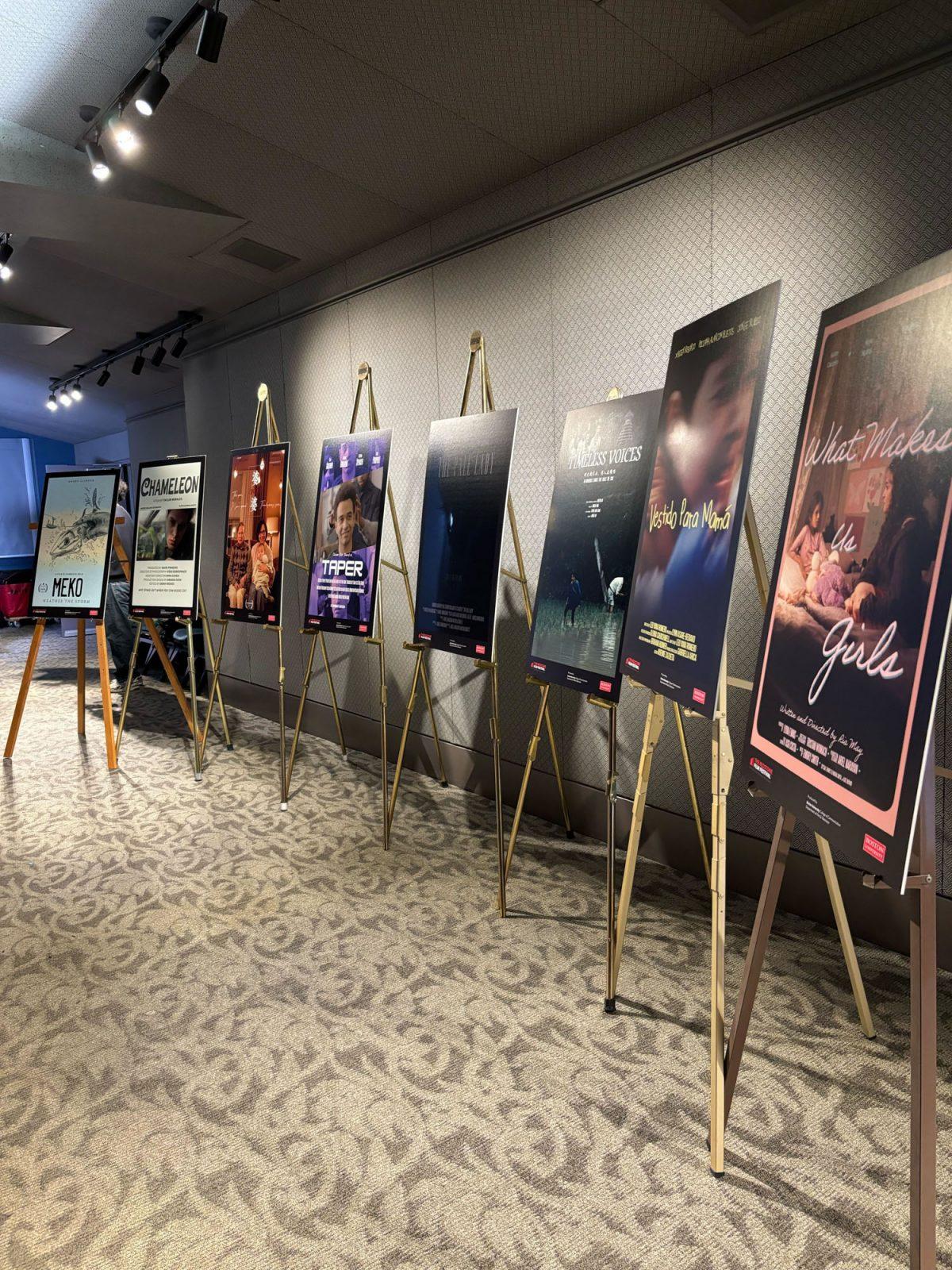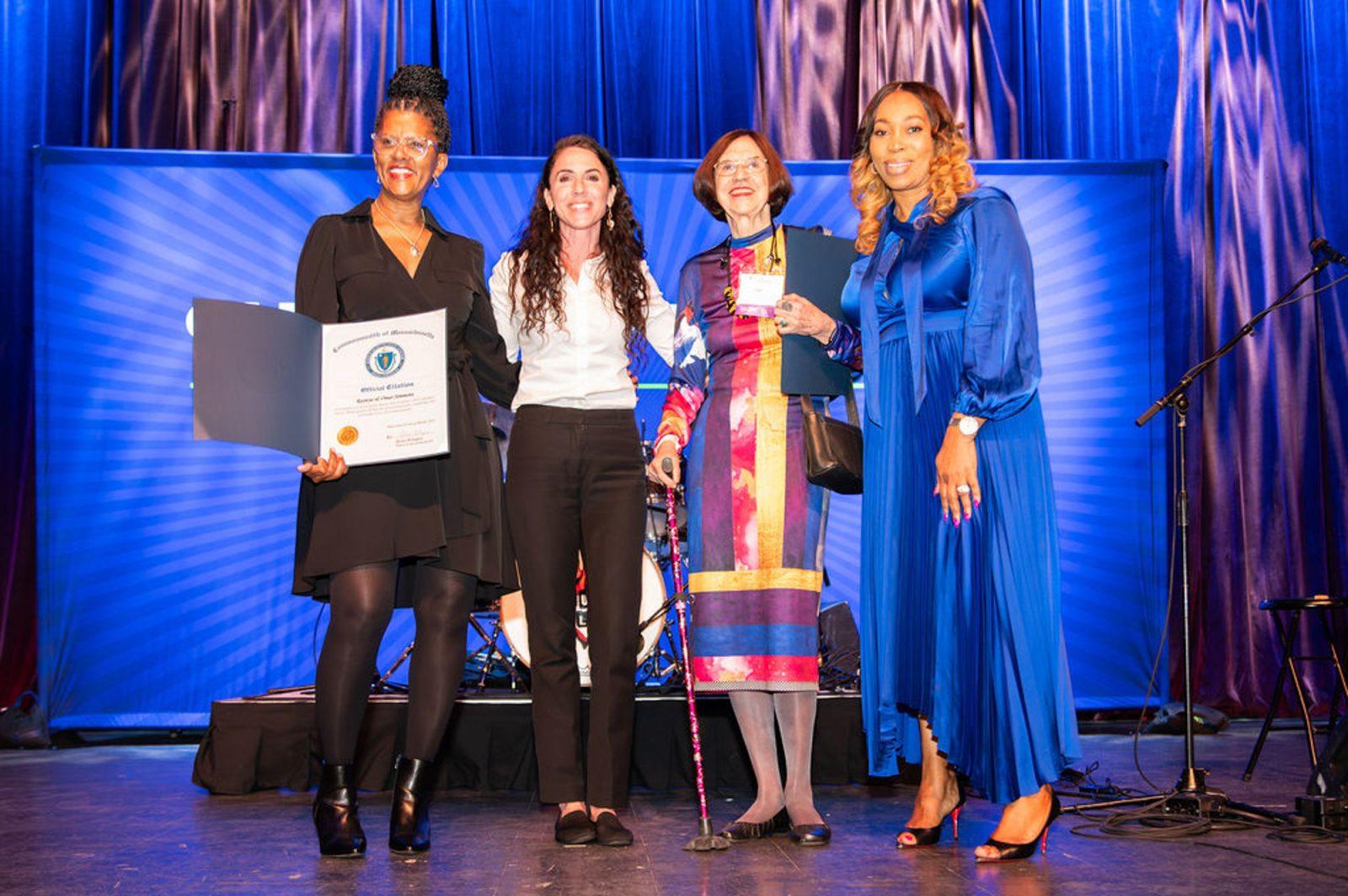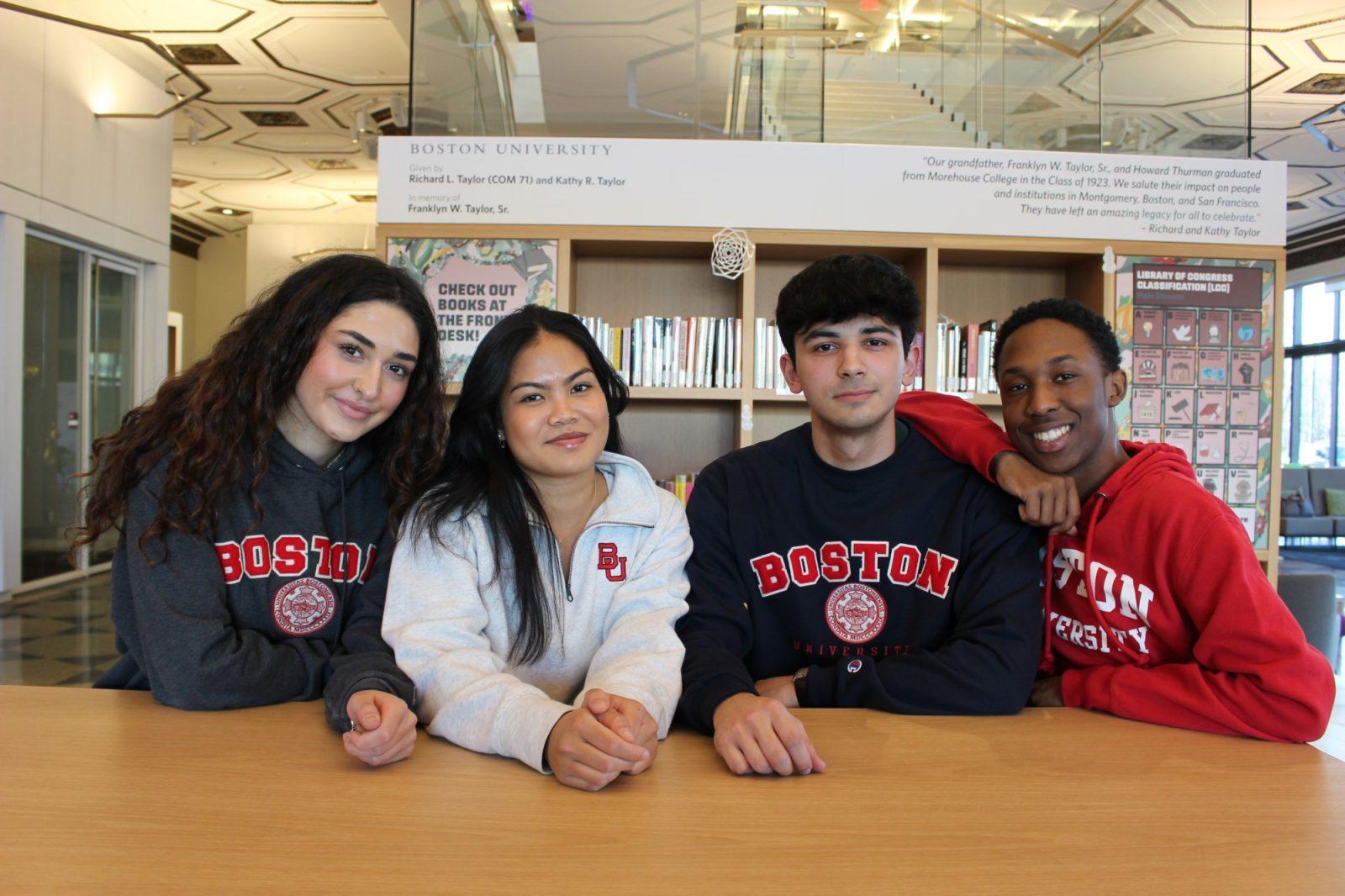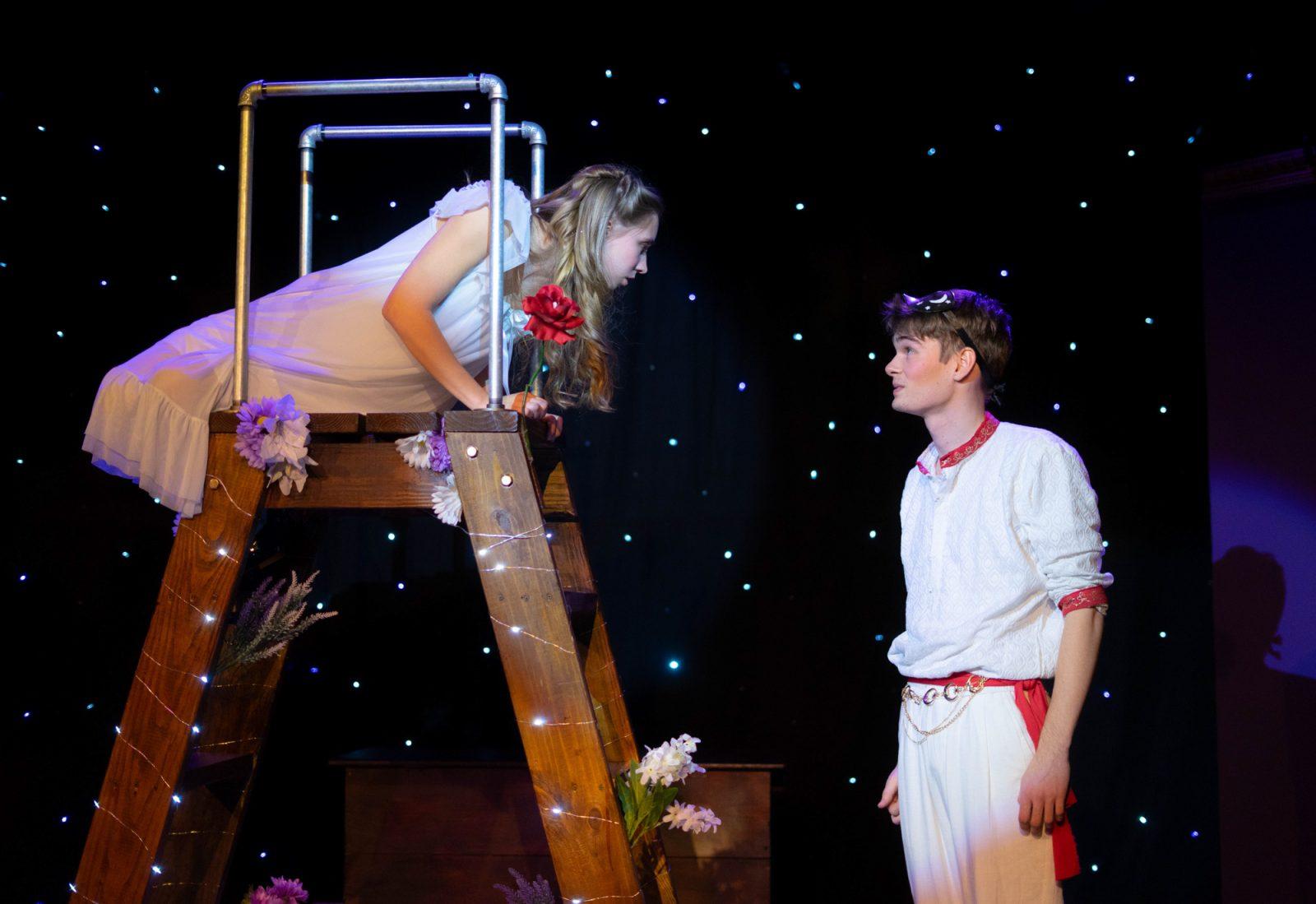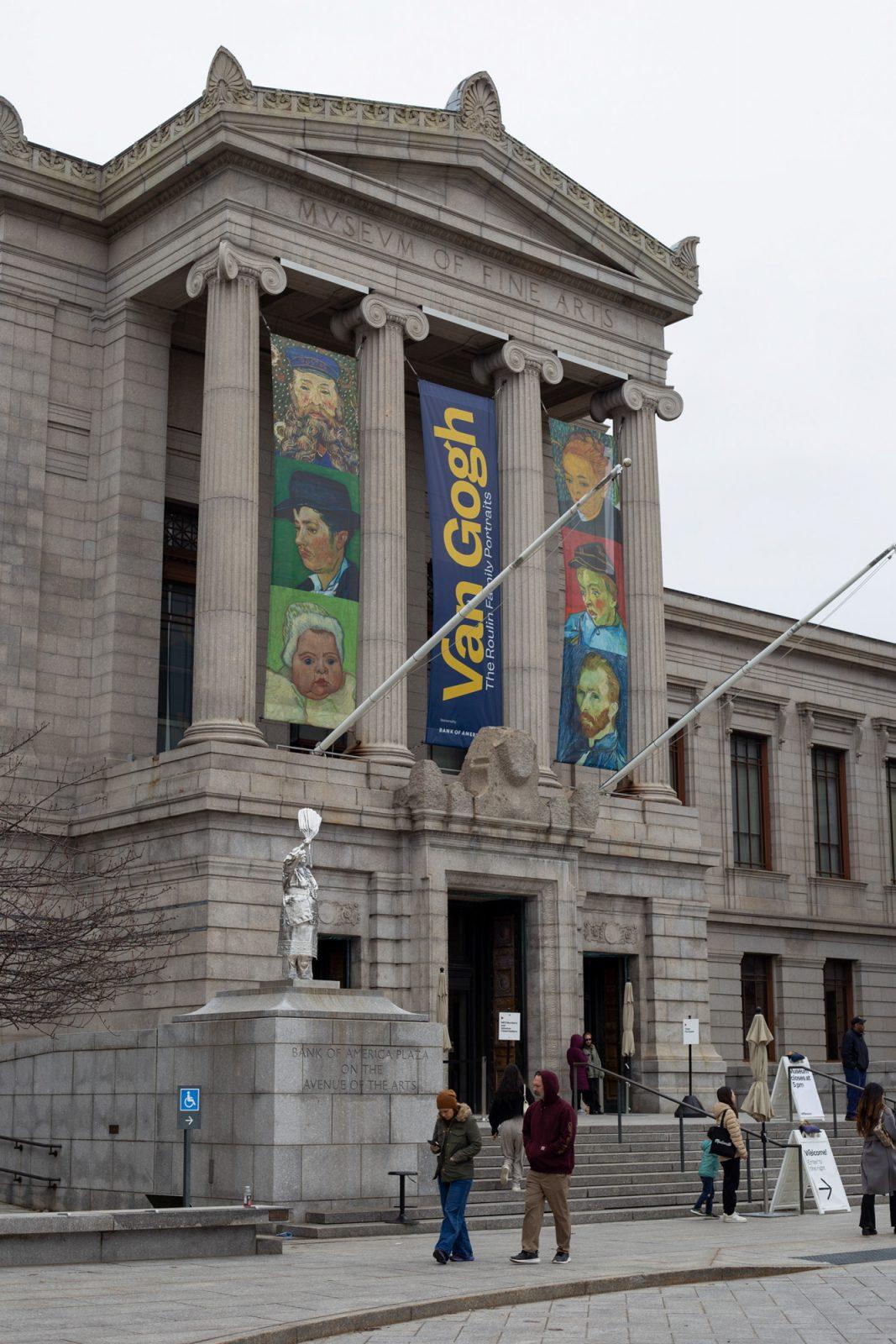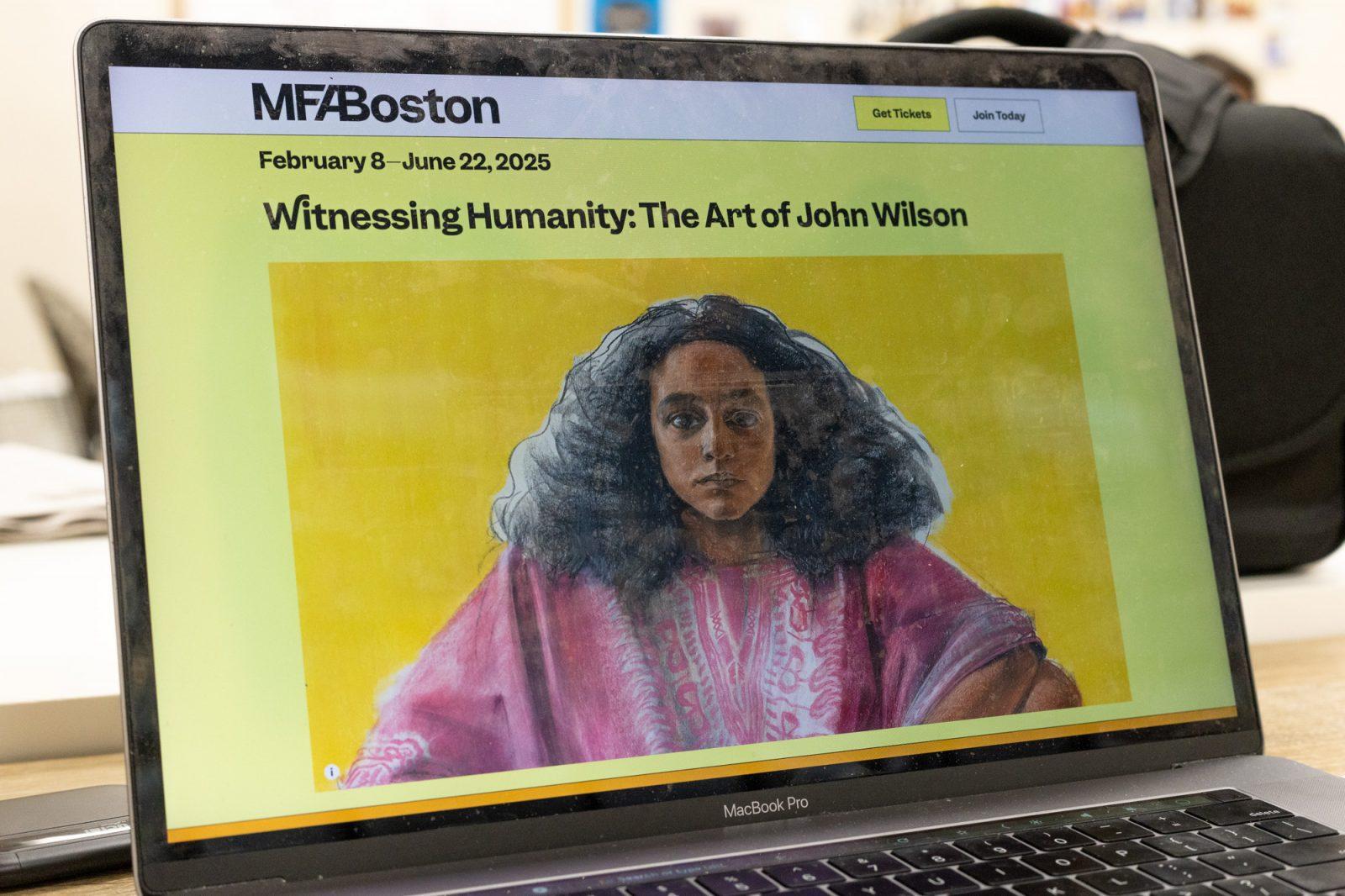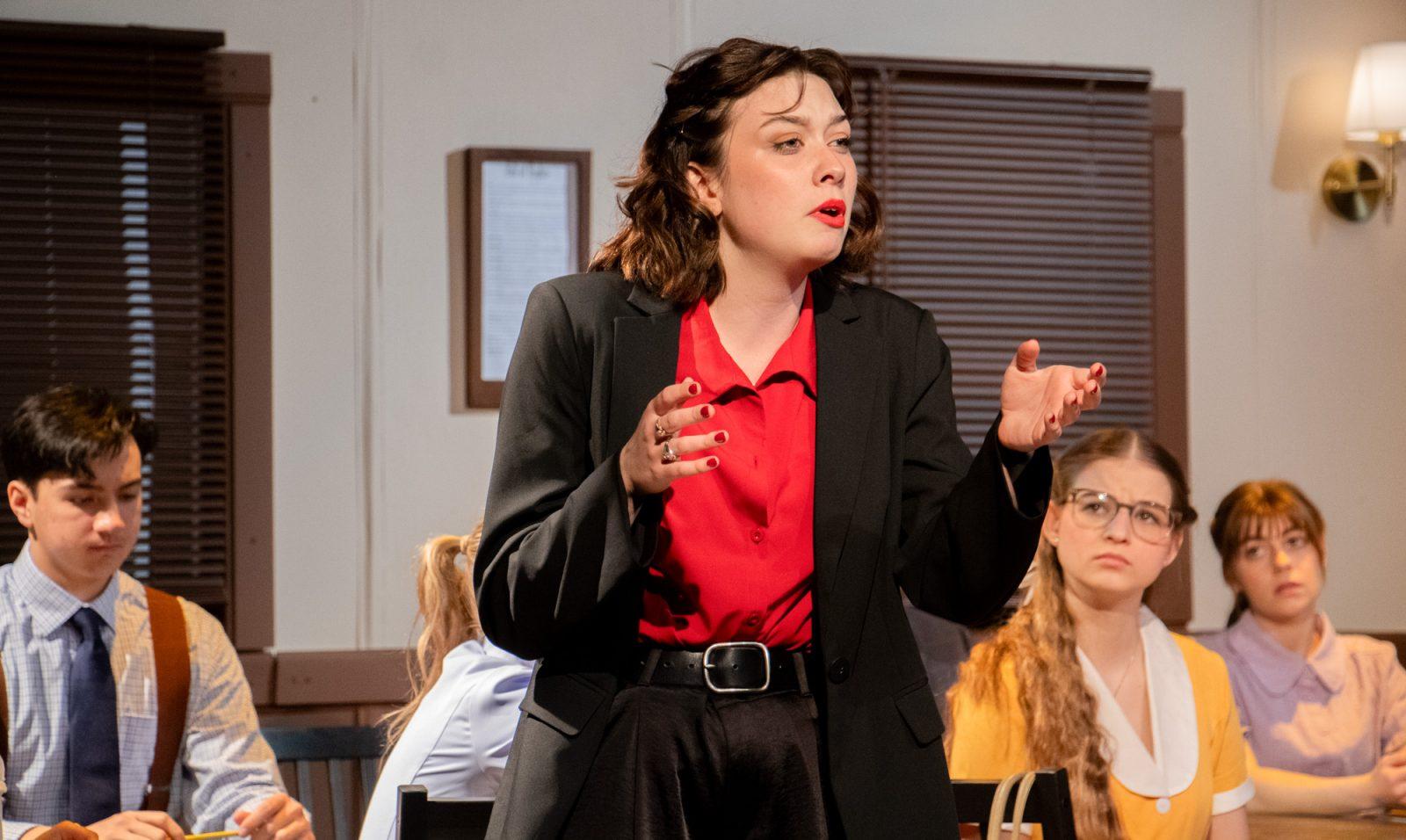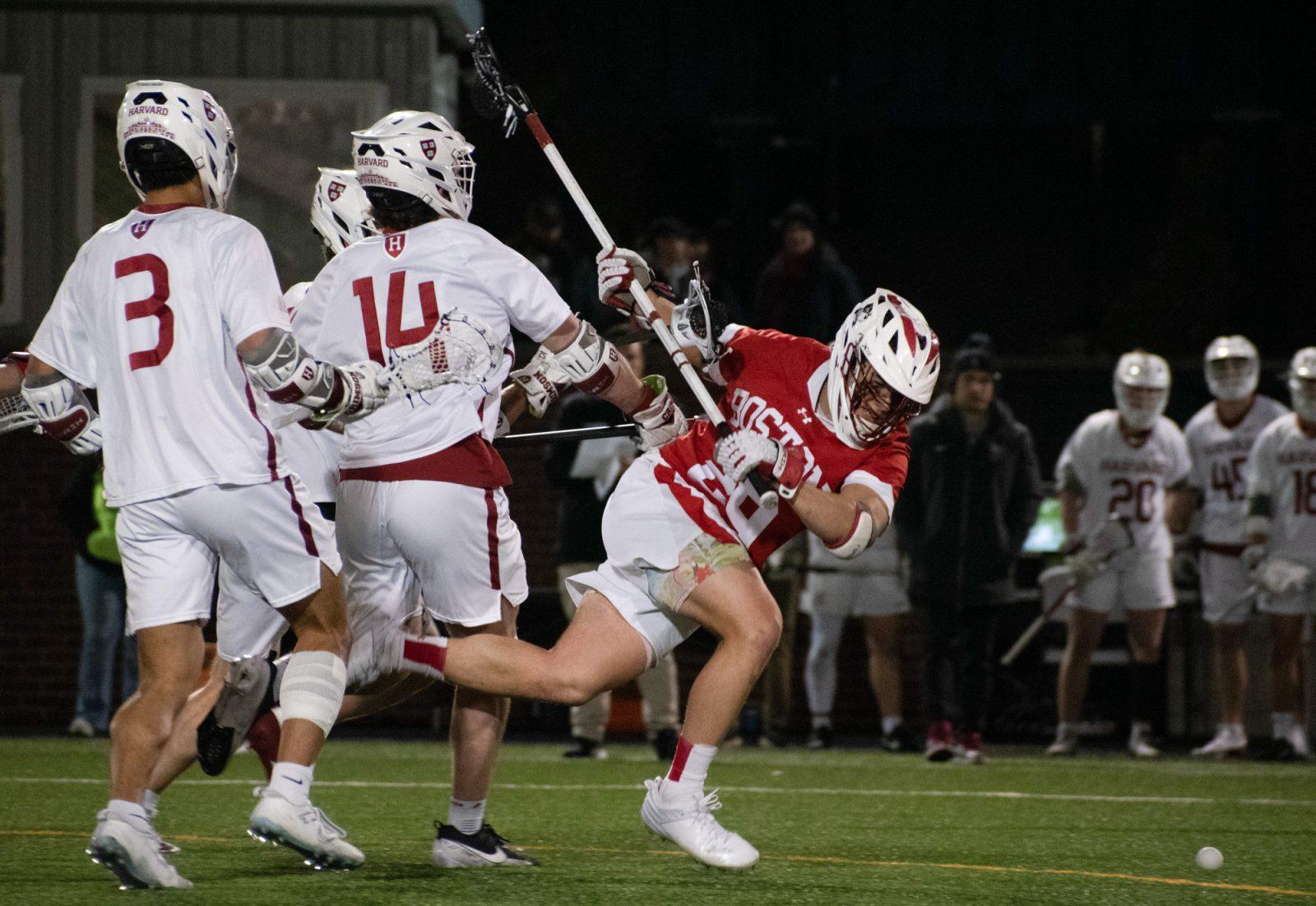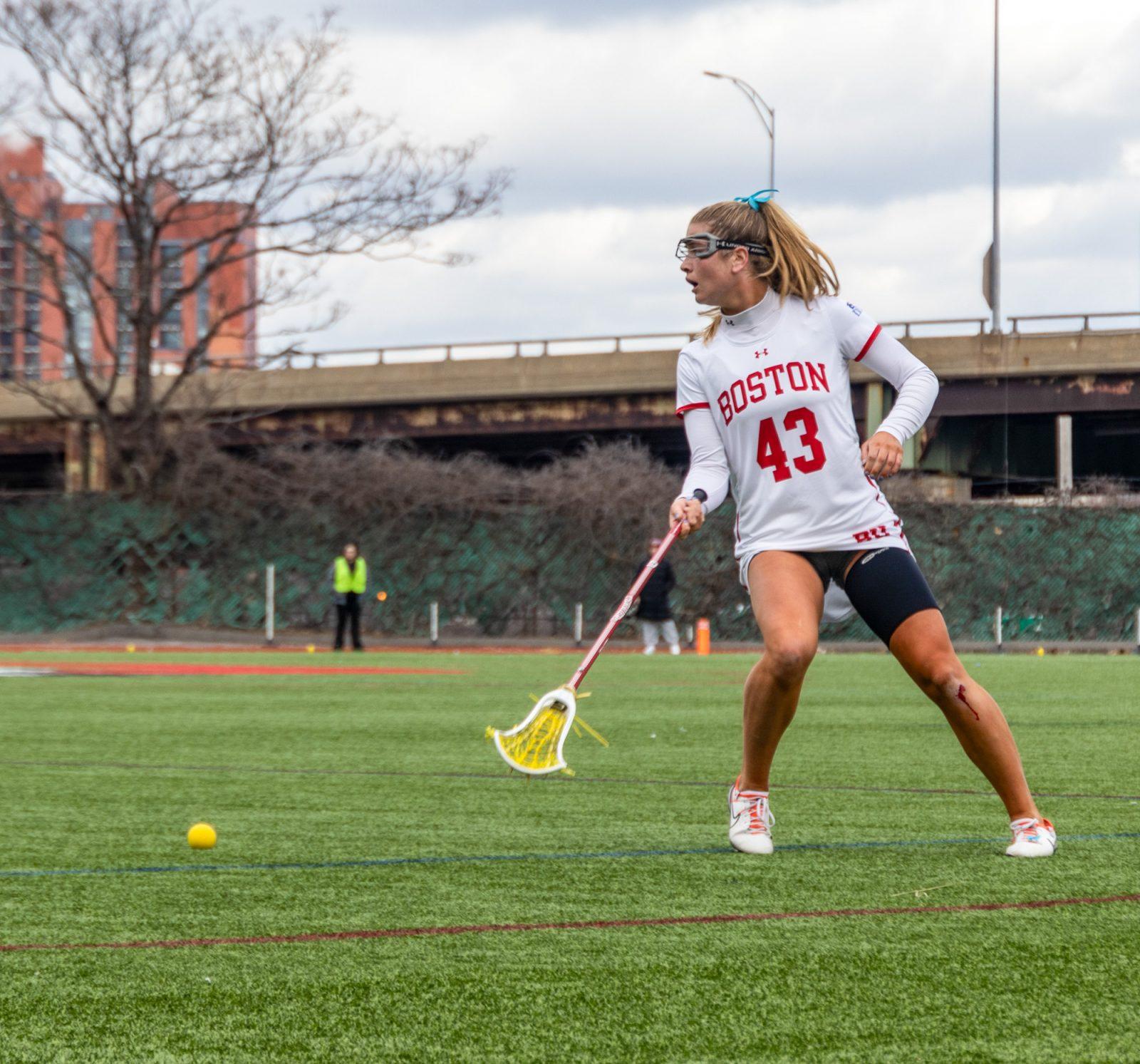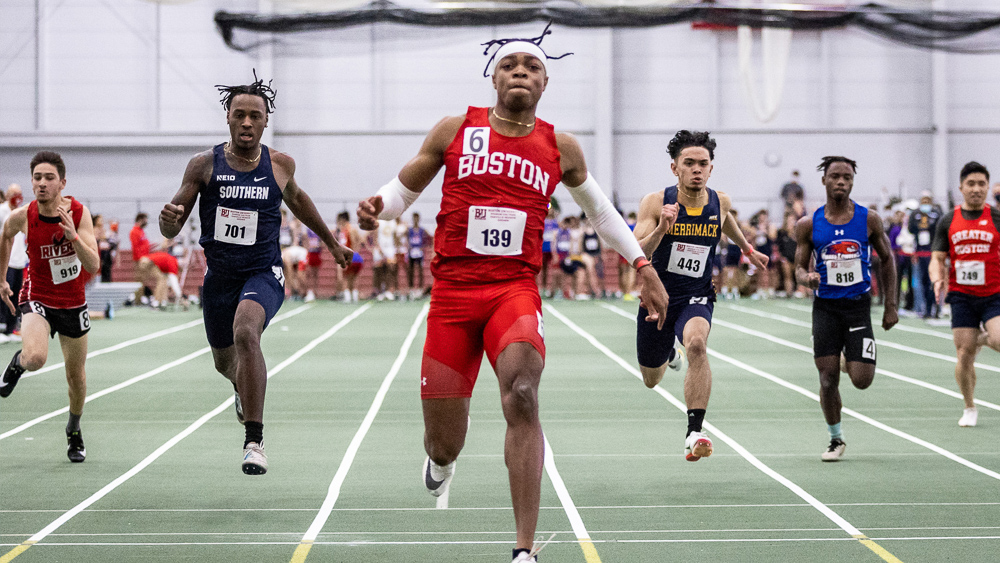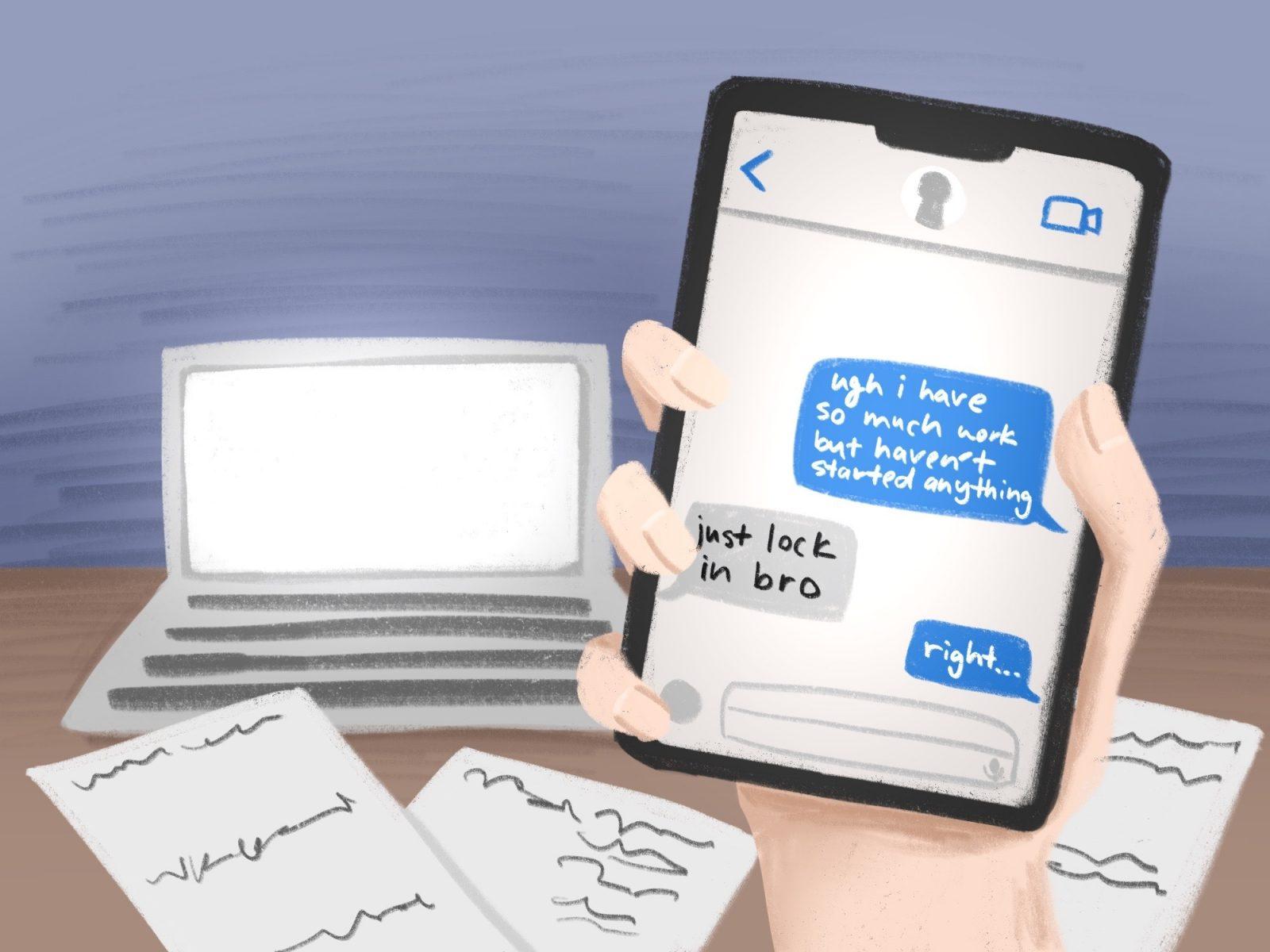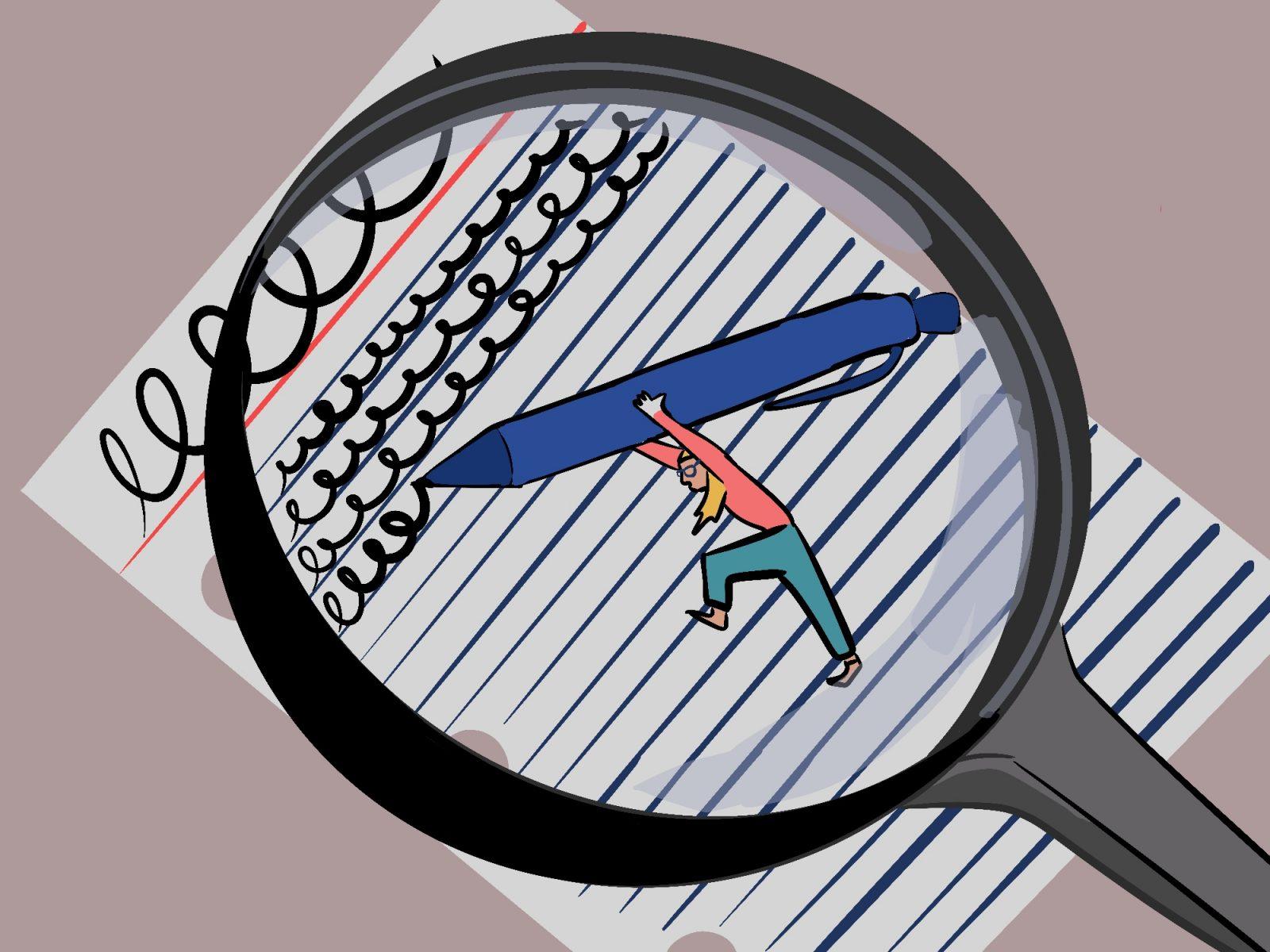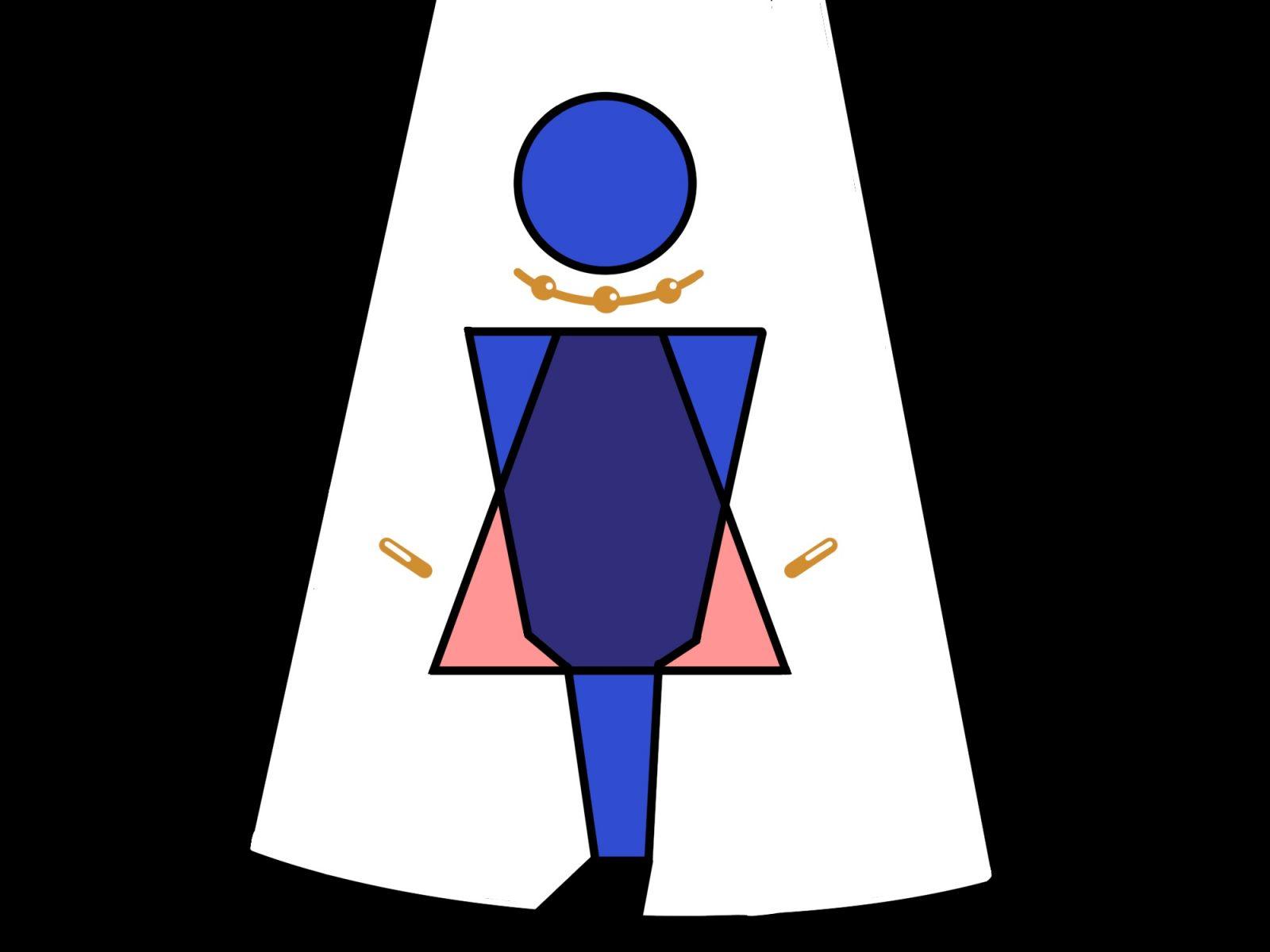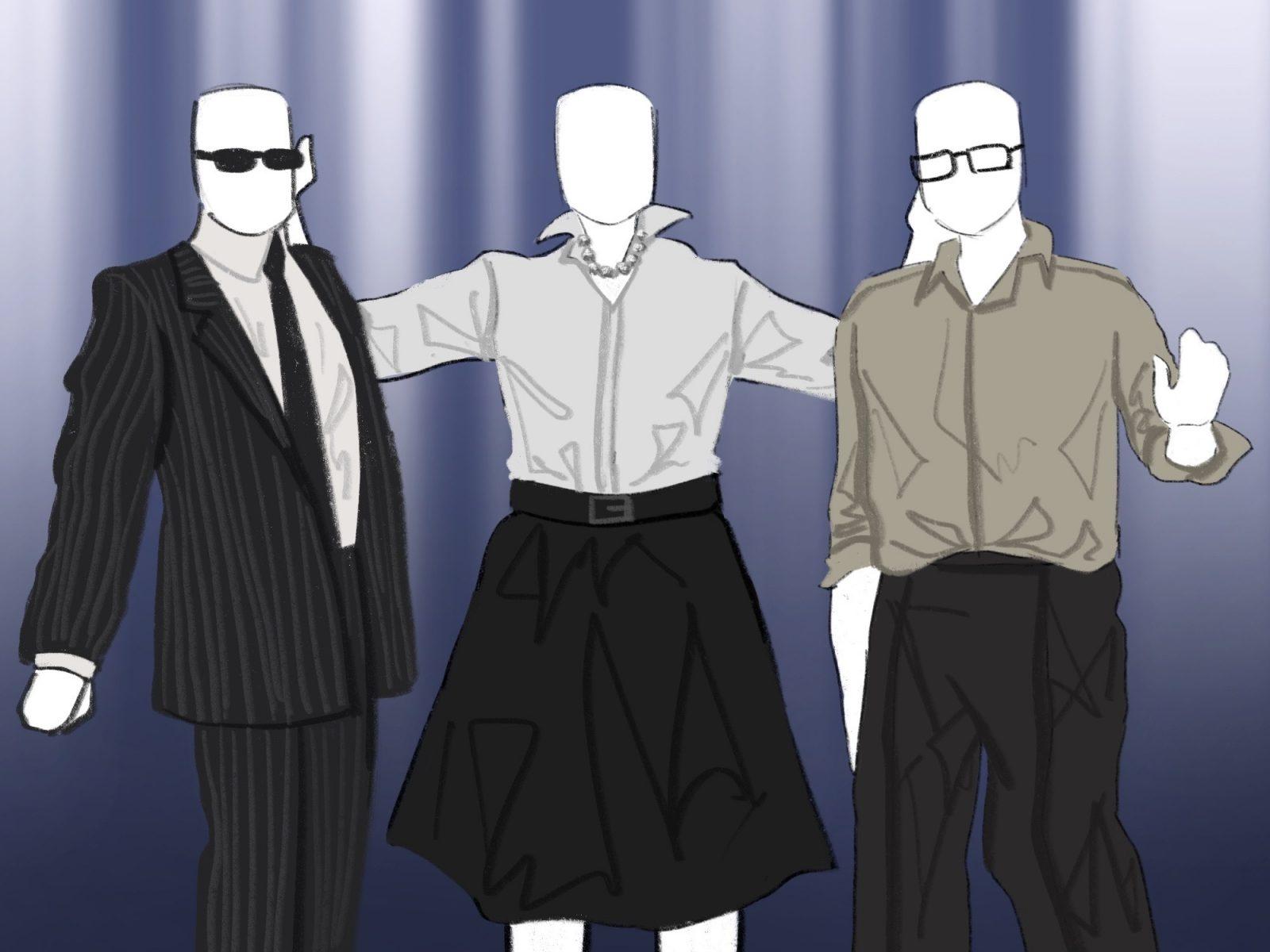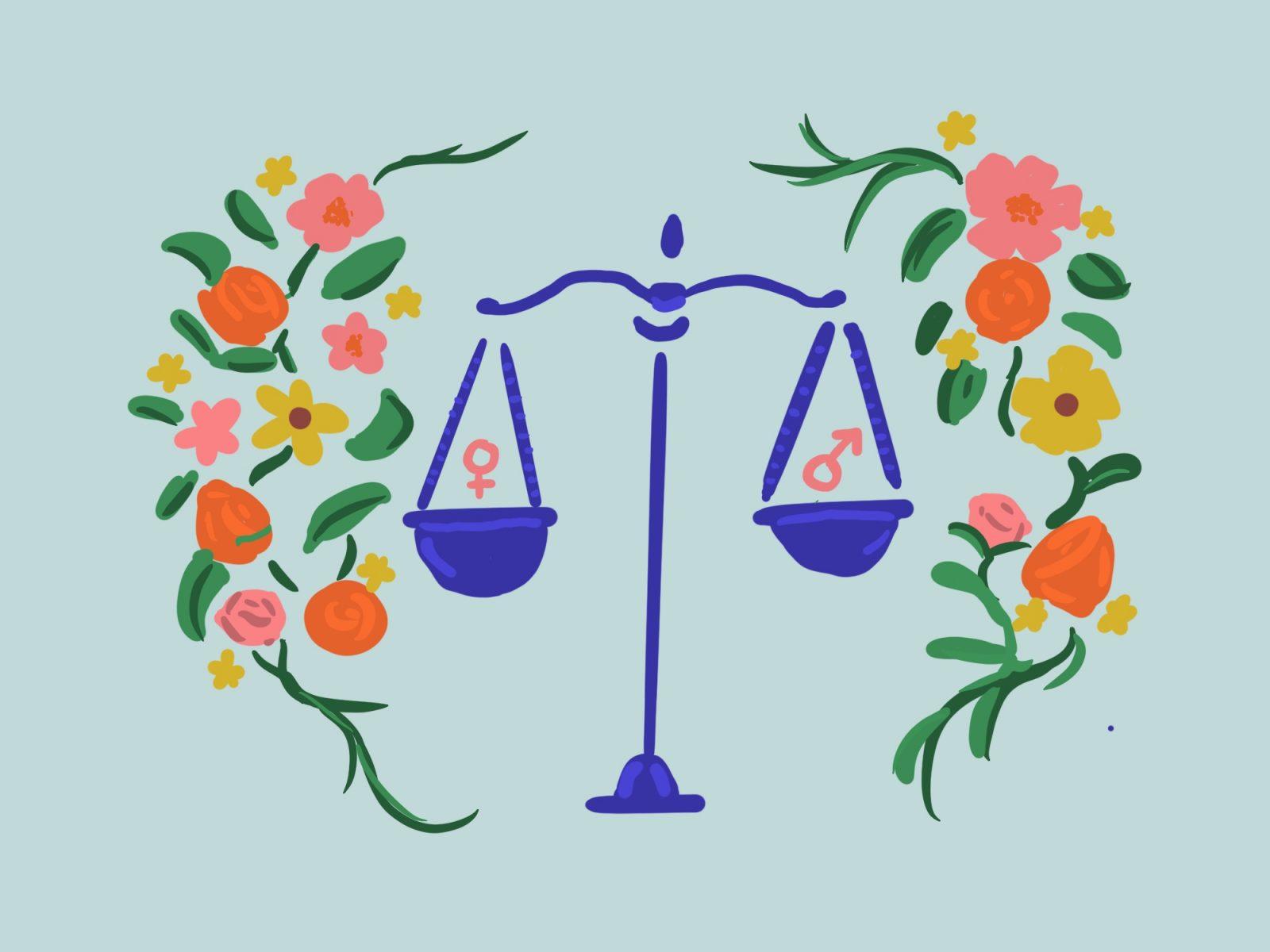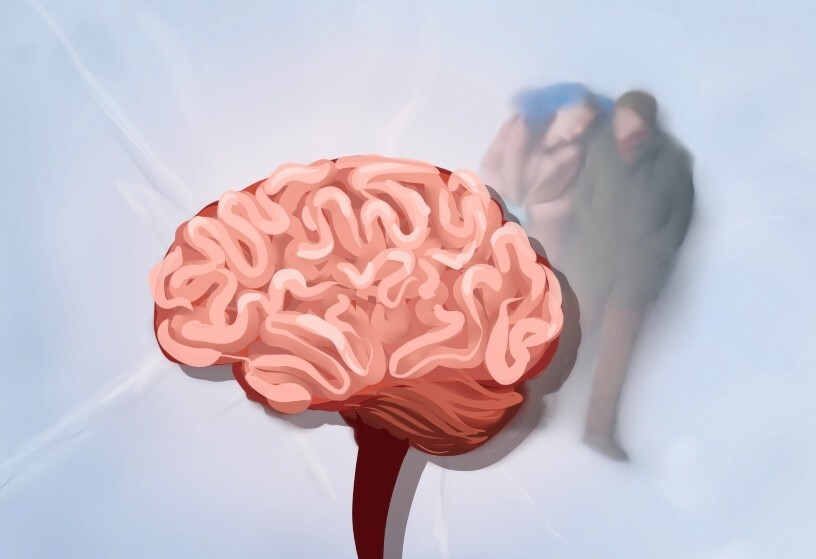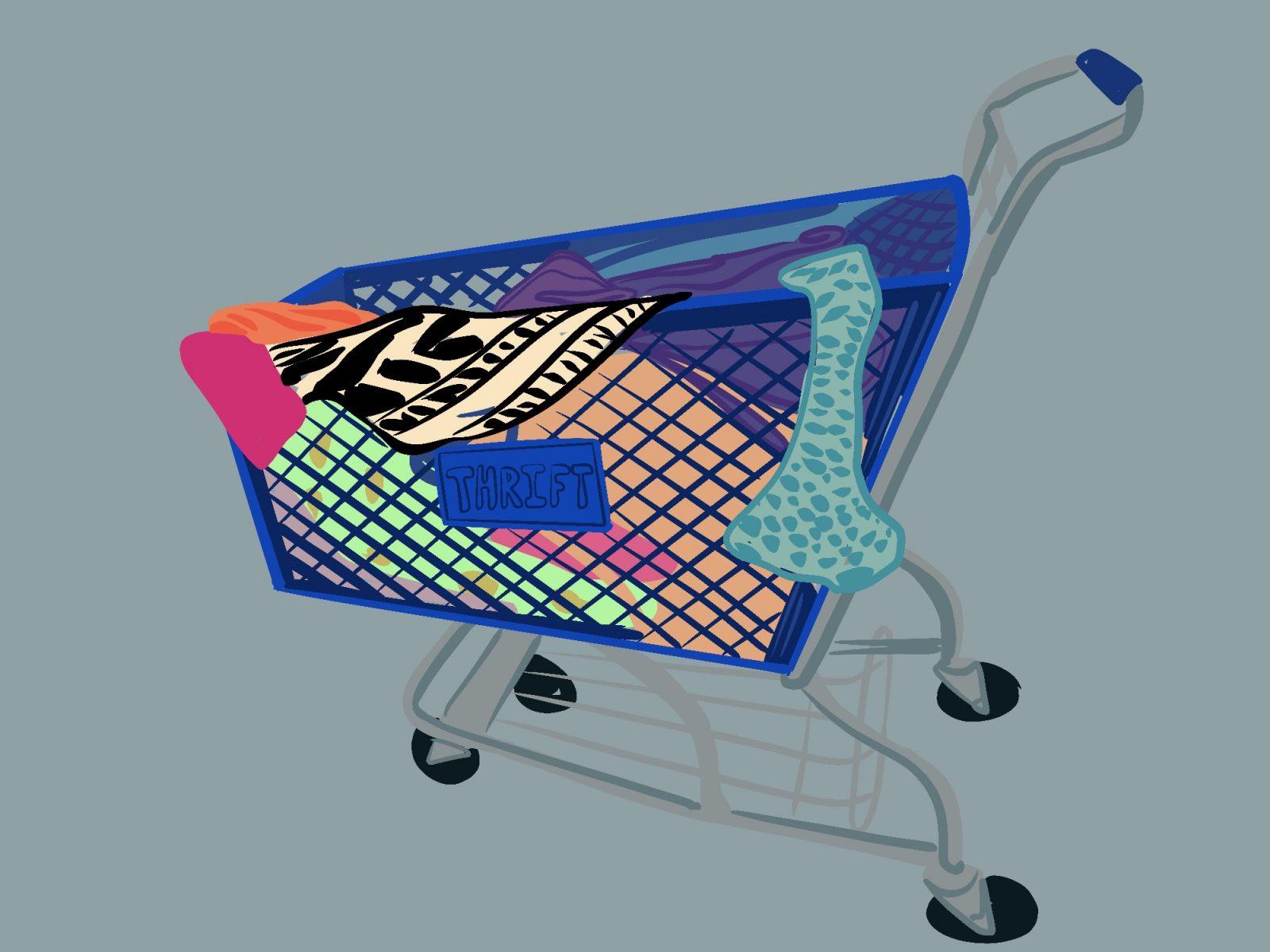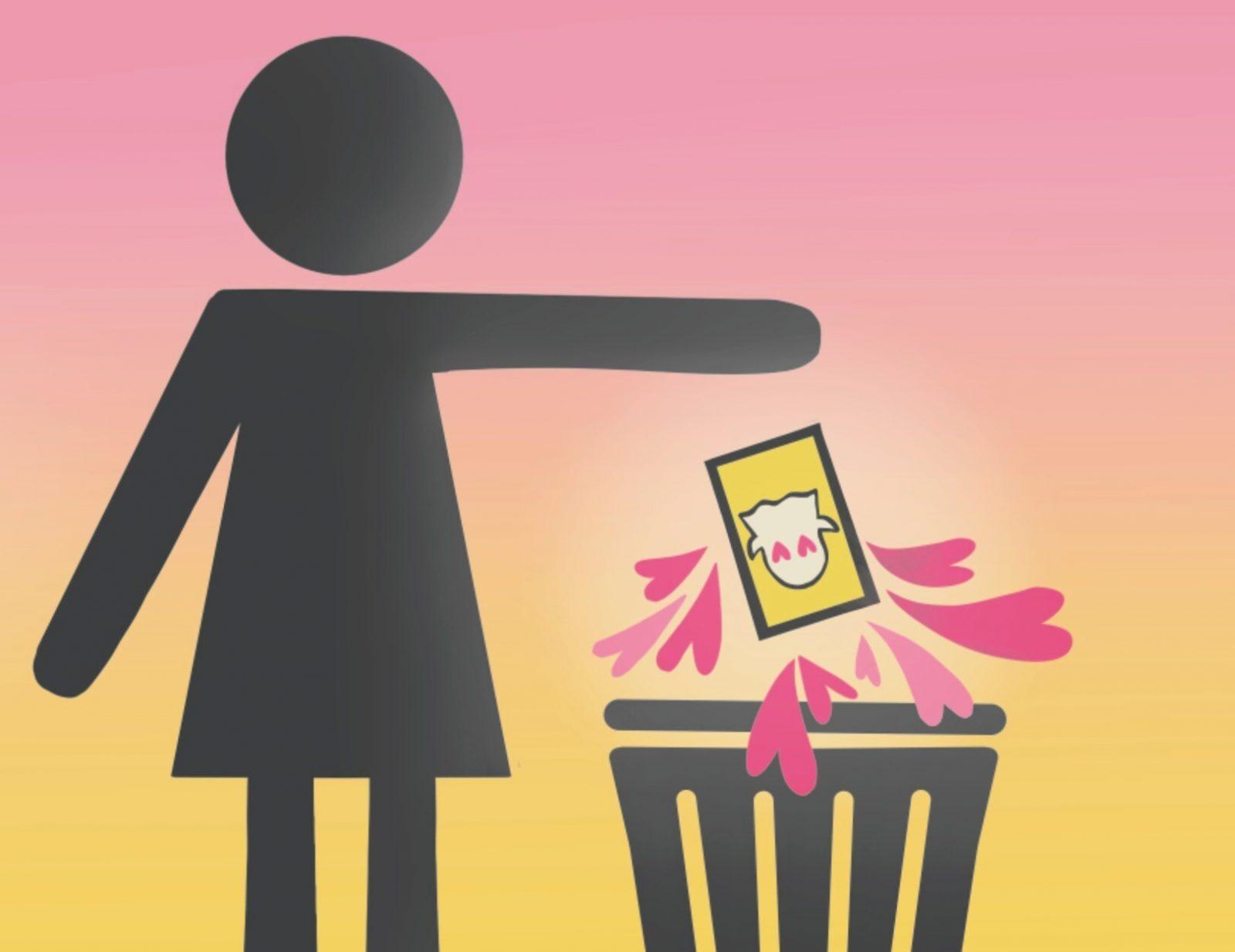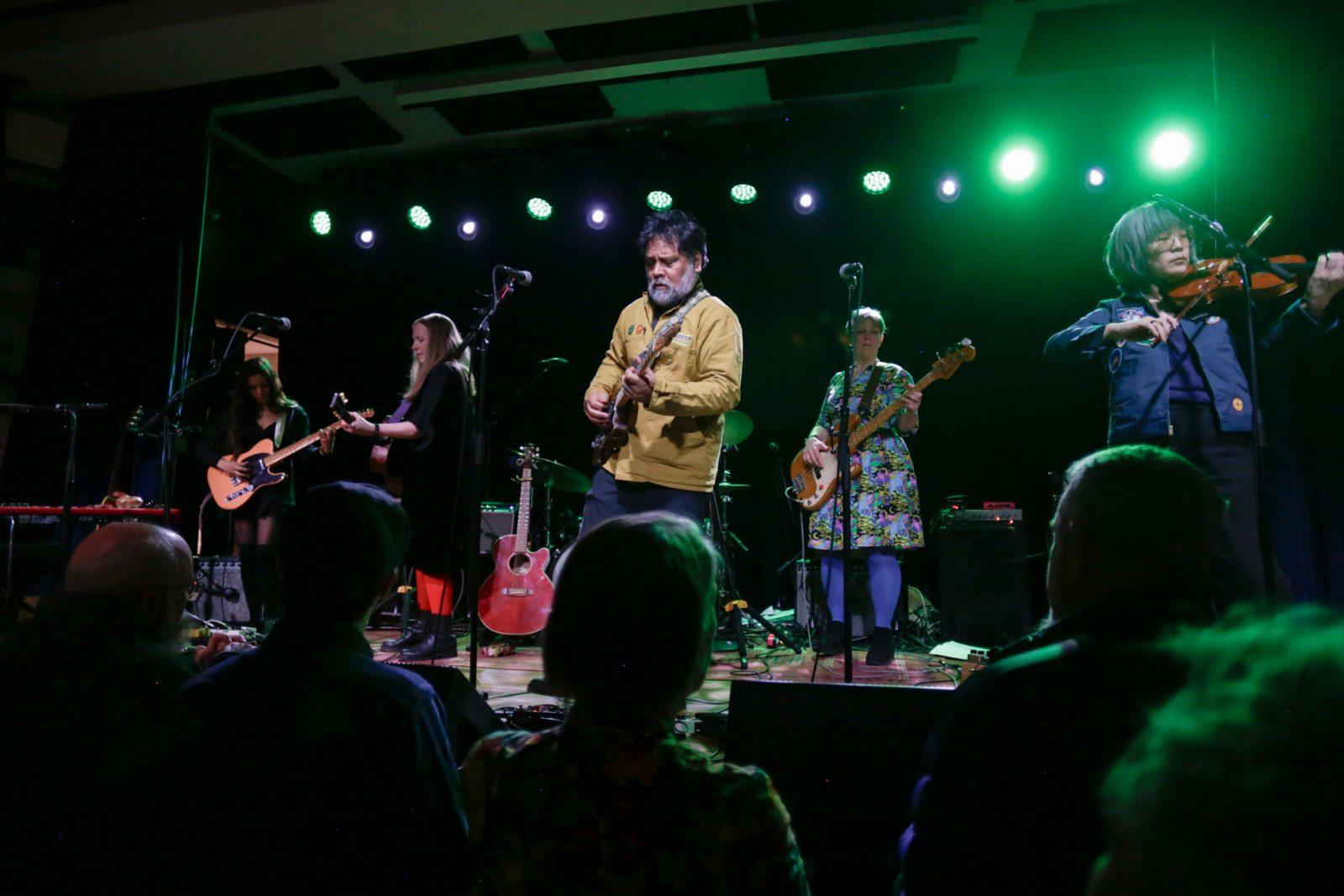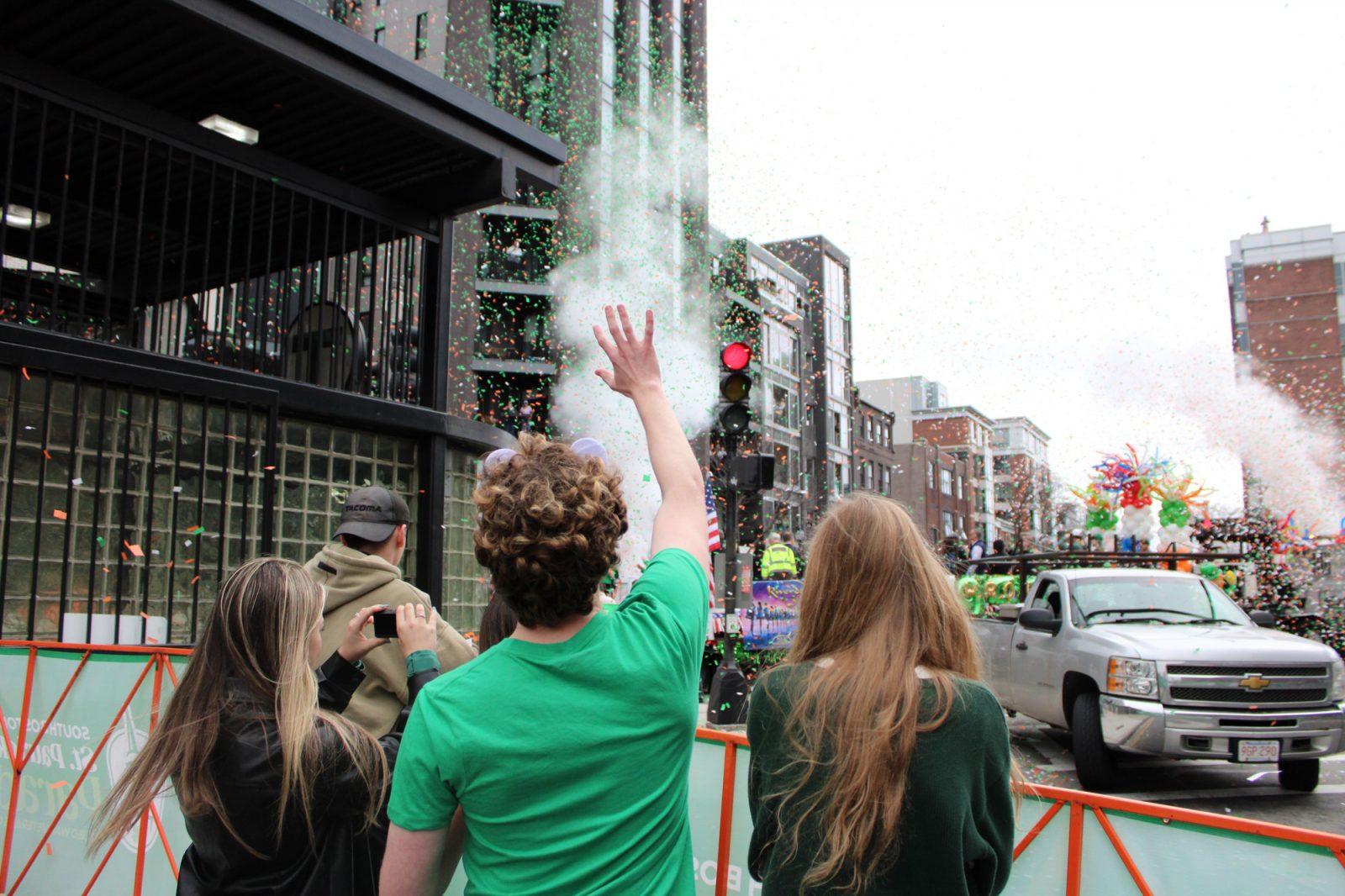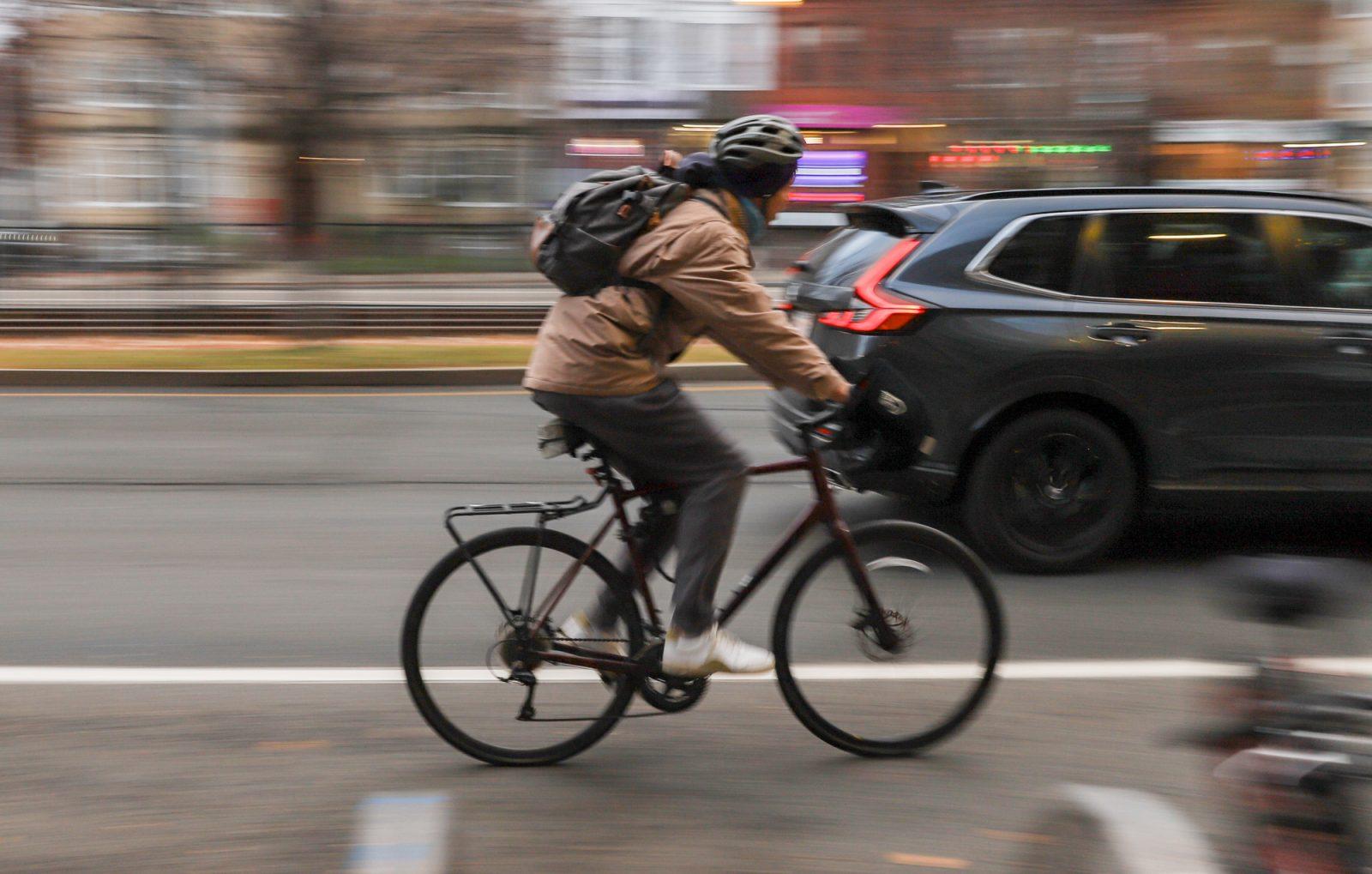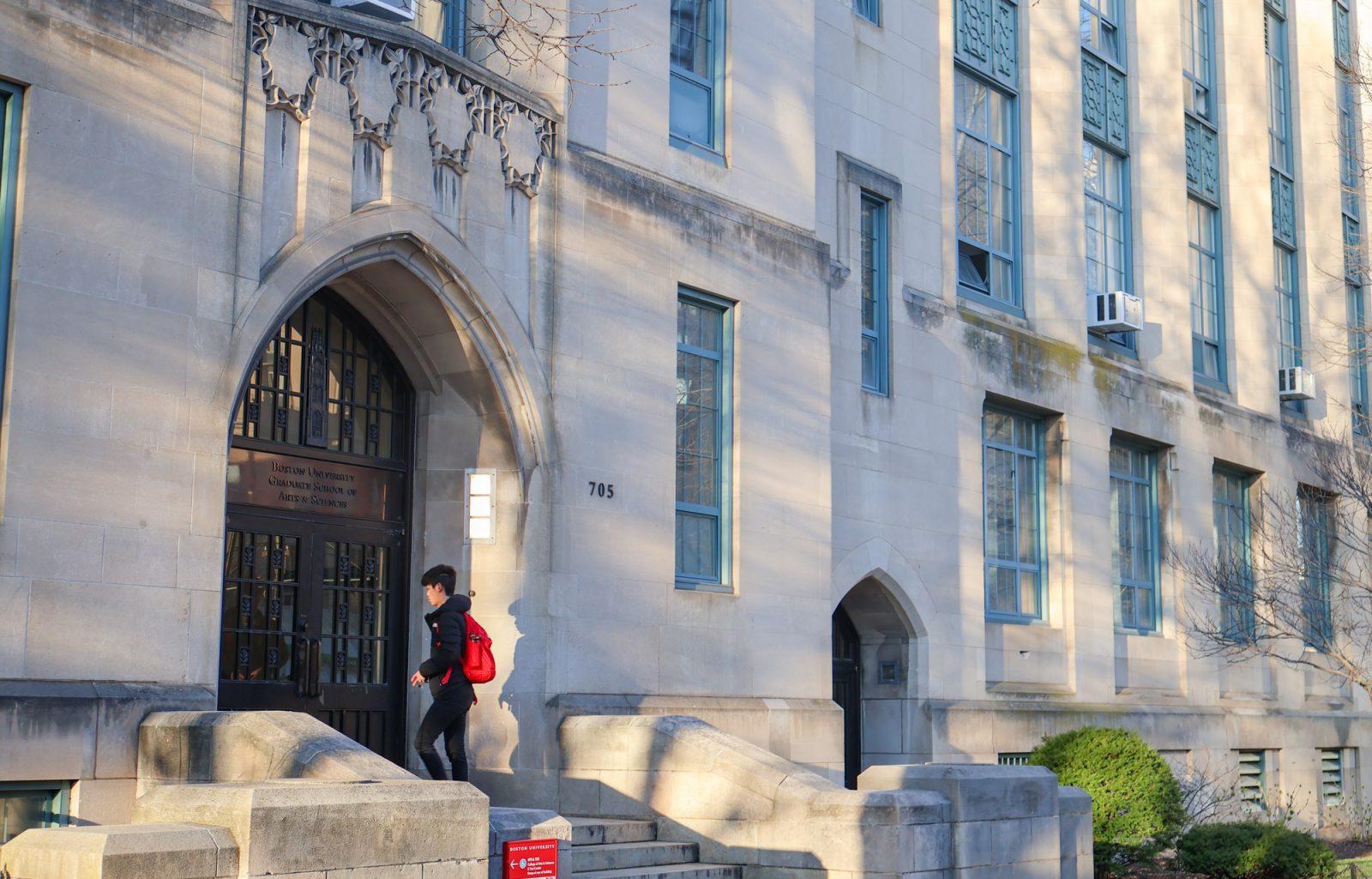Approximately 7,000 people participated in the American Heart Association’s annual American Heart Walk on Saturday.
The walk, held on the Charles River Esplanade, followed a six-mile route lined with signs giving facts about cardiovascular disease.
“Exposure to second hand smoke equals a 50 percent increase in cardiovascular disease and stroke risk – 30,000 deaths every year,” the first sign read.
More than 100 companies, as well as families and friends of people affected by heart defects, raised money through donation and sponsorship. The expected goal of $1.2 million will help fund cardiovascular and stroke research.
“Look around and you see grandfathers, mothers, sisters and children,” said Debra DiSanzo, chairwoman of the Heart Walk. Participants were of various ages and backgrounds – families with children, couples and senior citizens.
Survivors of all ages were also present, wearing bright red caps that they swung around in celebration.
Dennis Delory, a heart disease survivor, shared his story and expressed his appreciation for those helped to raise money.
“I went from feeling perfectly fine to not feeling fine at all in two steps. That is how fast your life can change. Shortly thereafter, I was having a heart attack,” he said. “Thank God for all of the wonderful people who helped save my life.”
Since 1924, the American Heart Association has funded about $2 billion dollars for cardiovascular and stroke research in the United States. Their efforts, aided by such events like the Heart Walk, have led to the discoveries of CPR, coronary bypass surgery, pacemakers, artificial heart valves and the heart-lung machine.
Prior to the walk, Mayor Thomas M. Menino, Honorary American Heart Walk Chair, spoke about the effects of heart disease on families and the importance of saving lives through donating funds to research.
The AHA provided information about heart defects and strokes as well as the importance of physical activity and exercise in prevention.
Boston University medical students were also present to administer blood pressure screenings.

